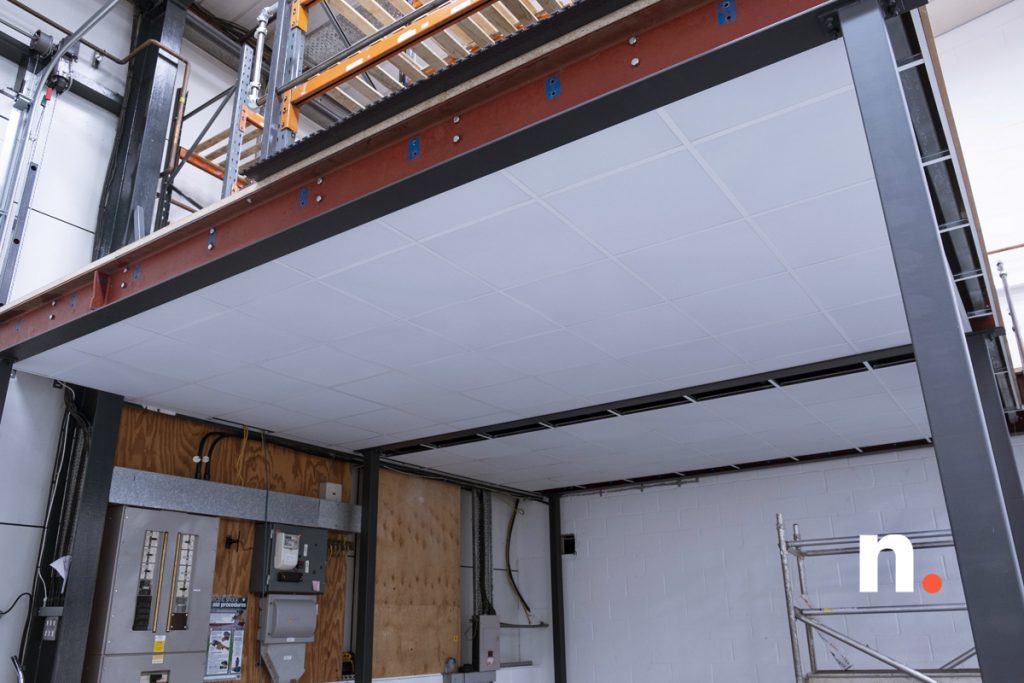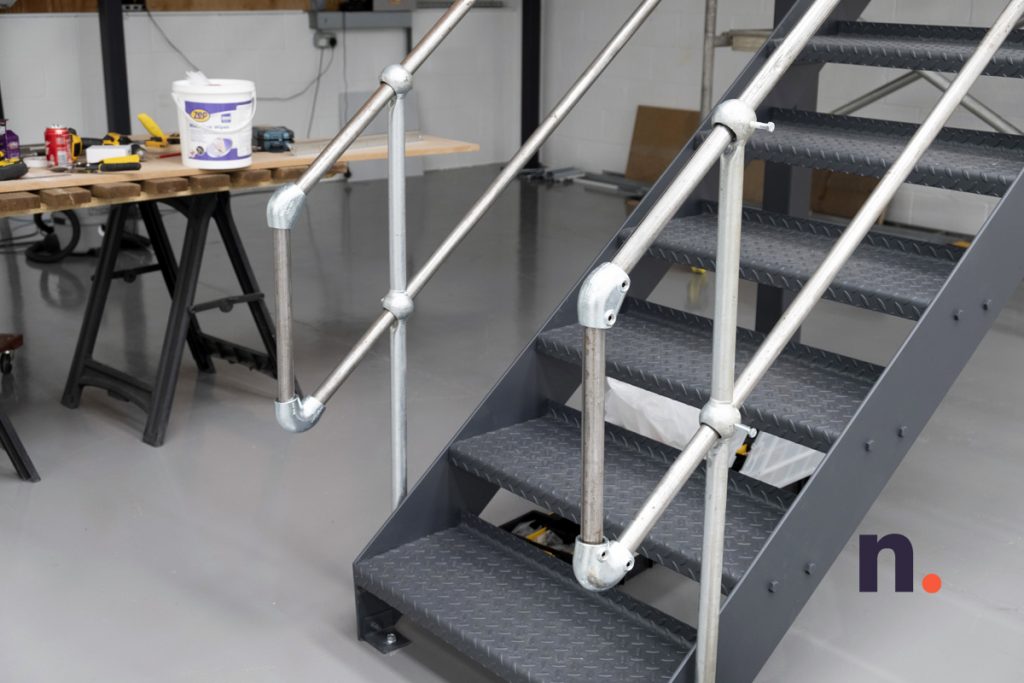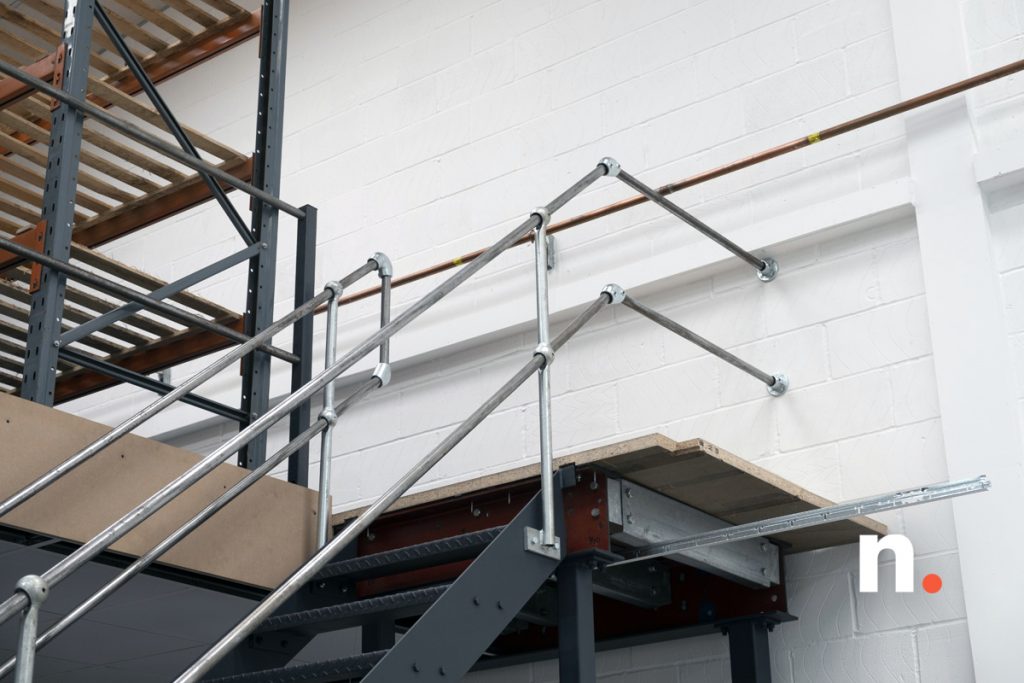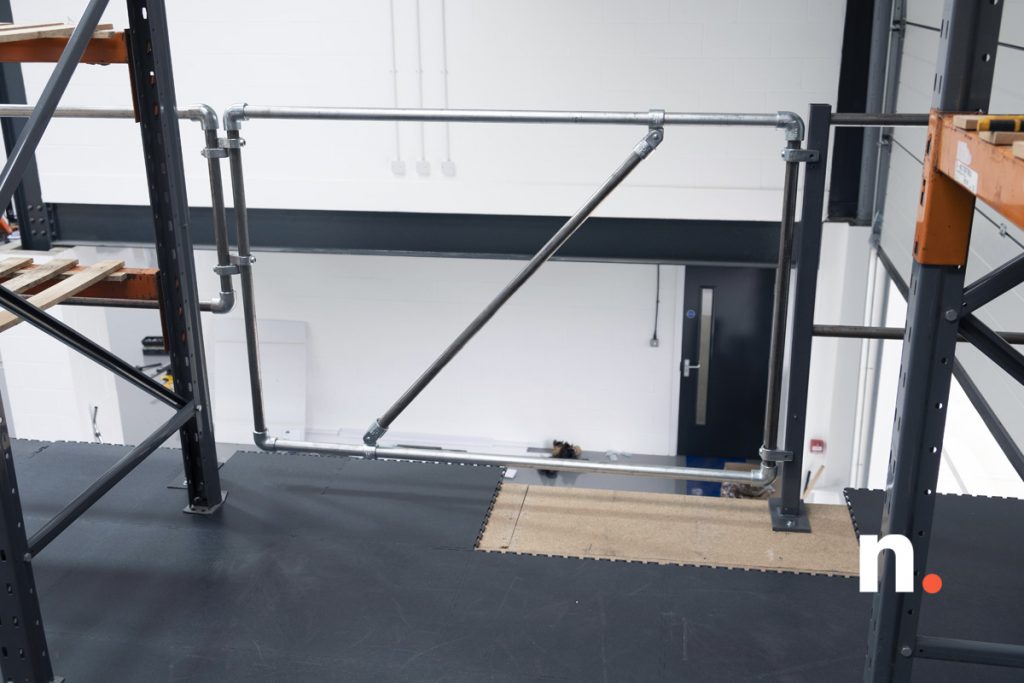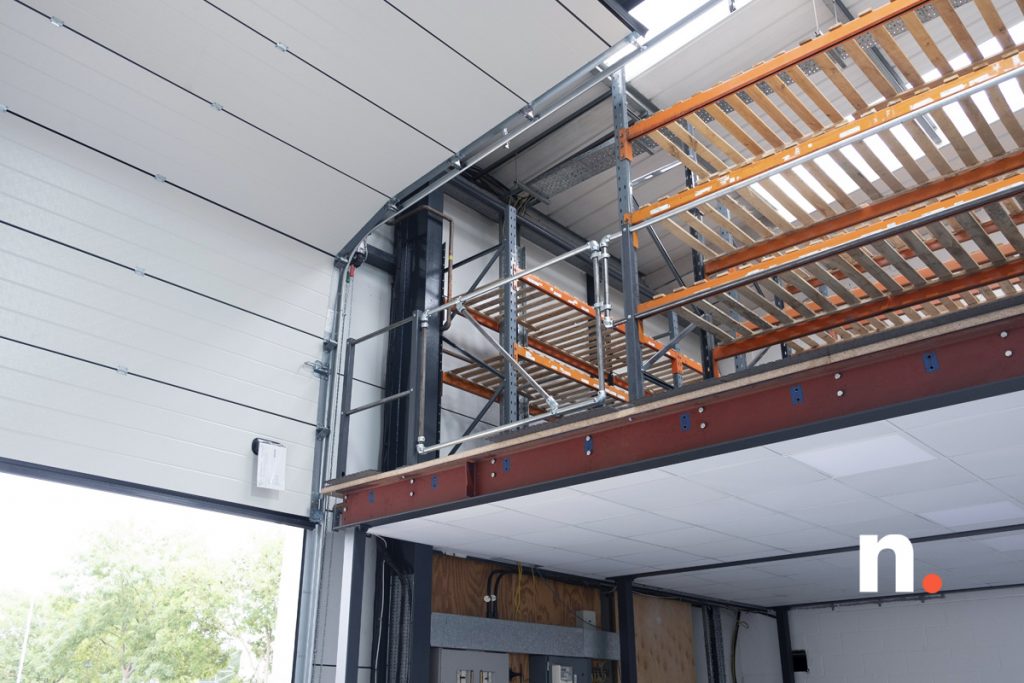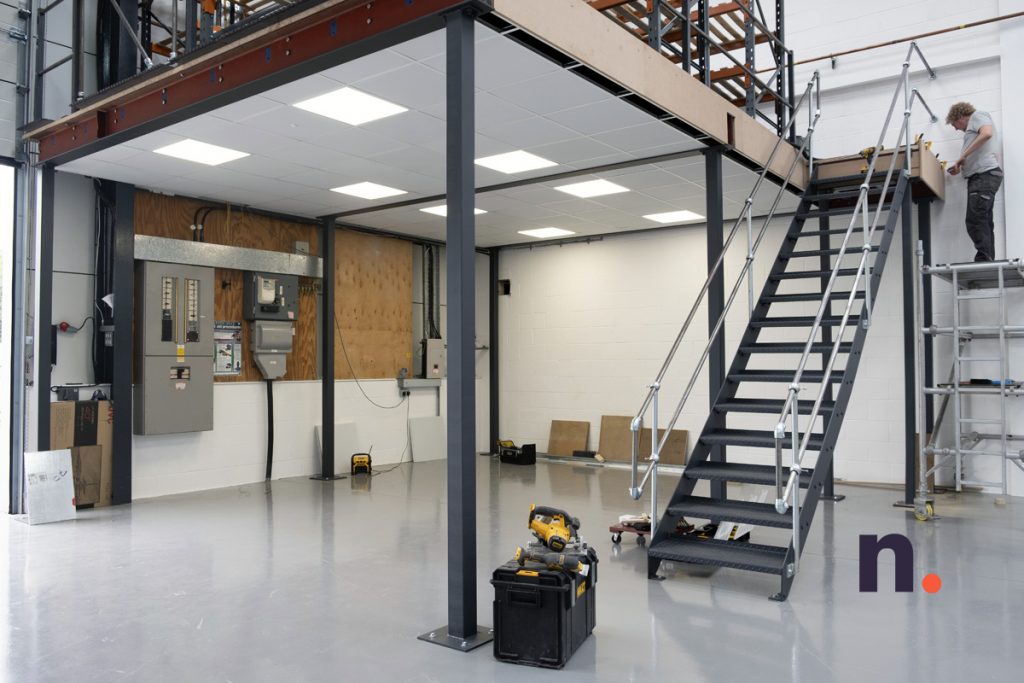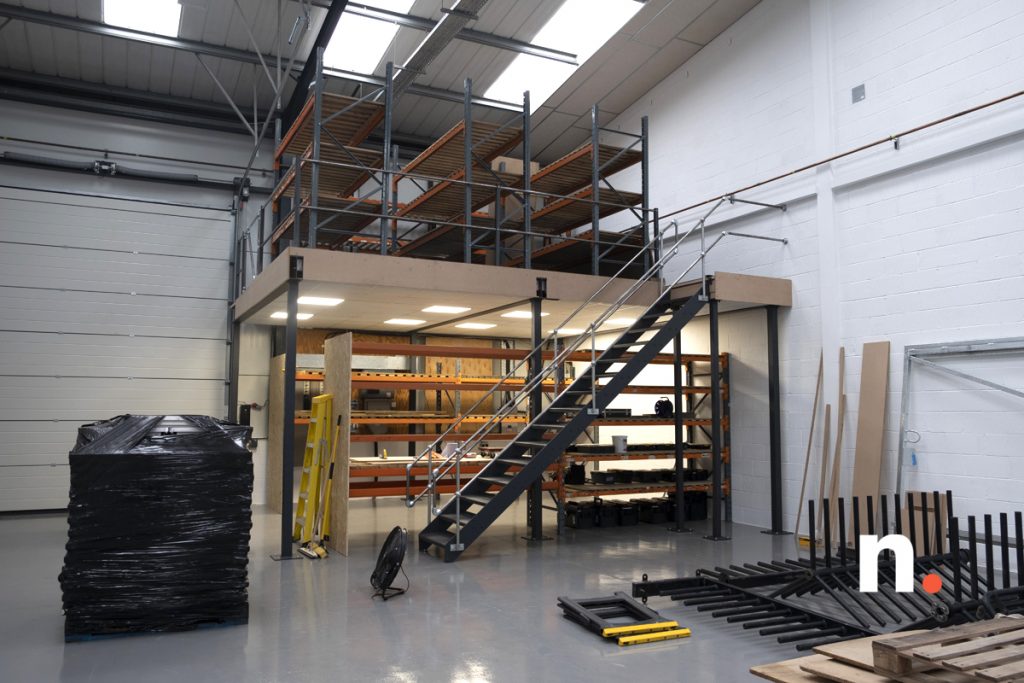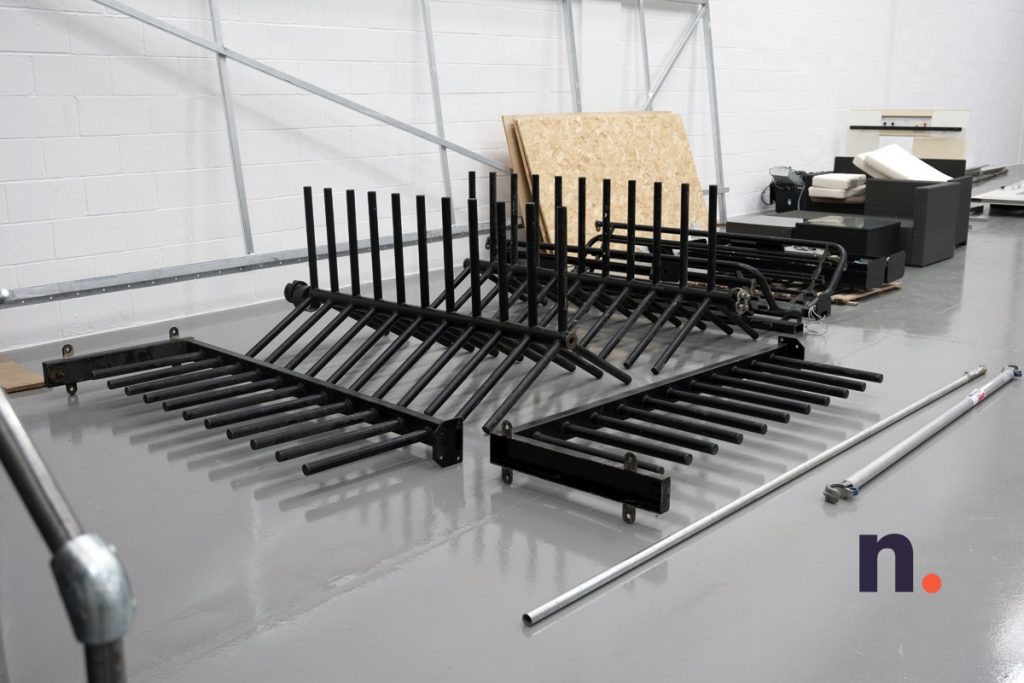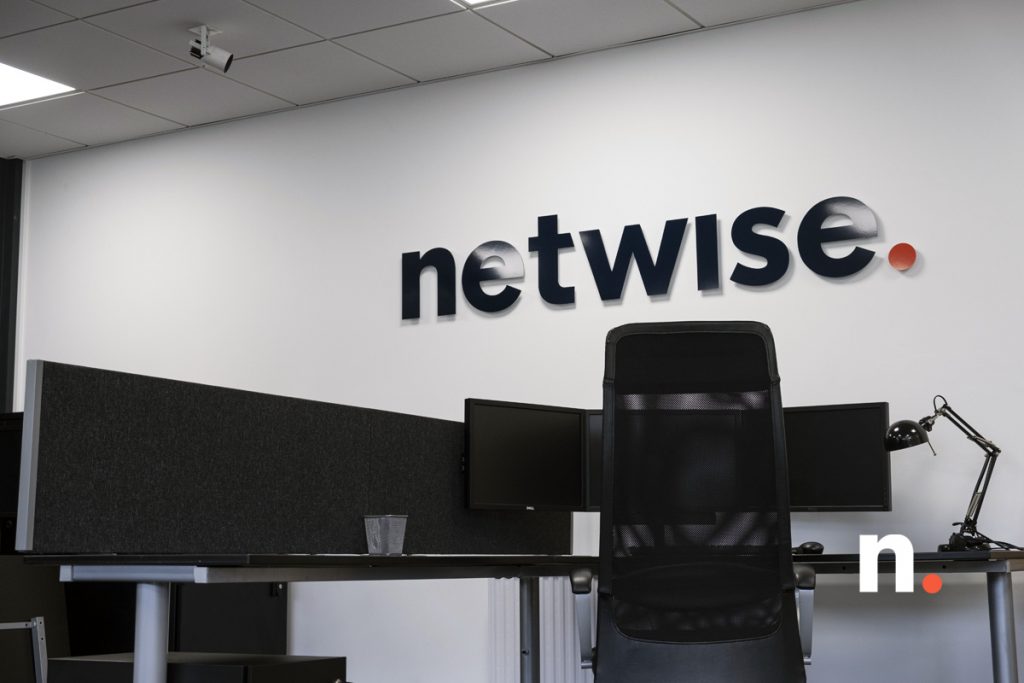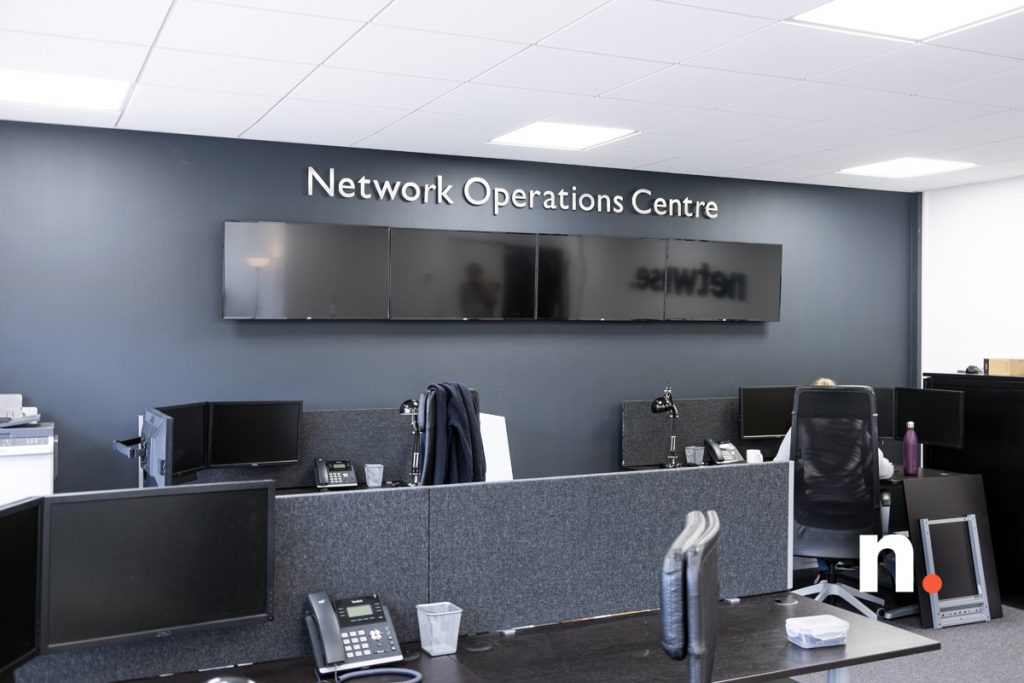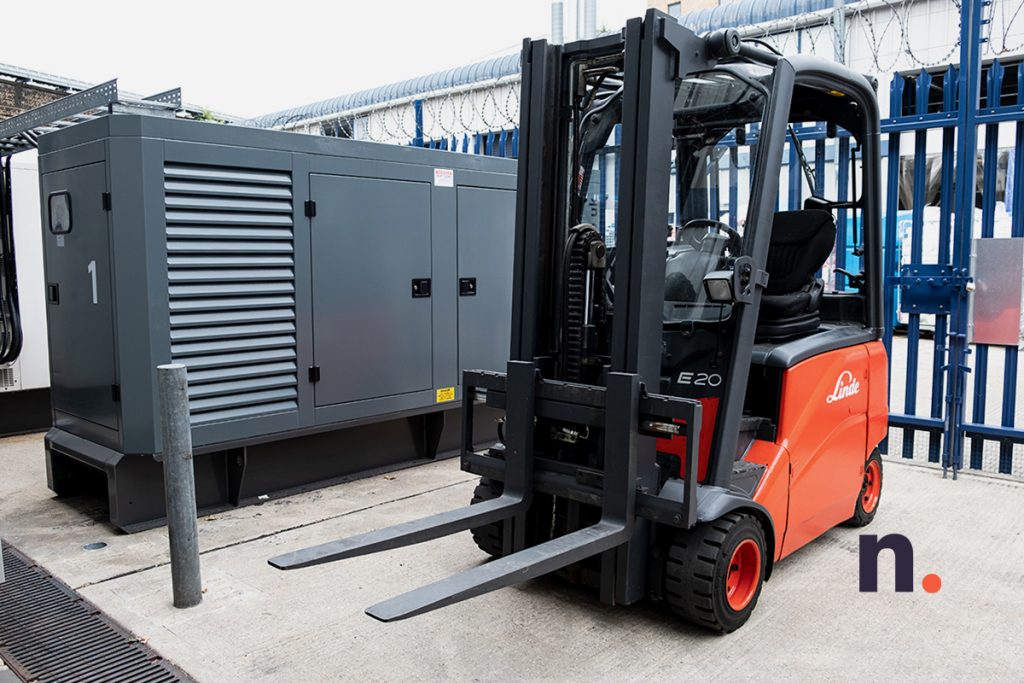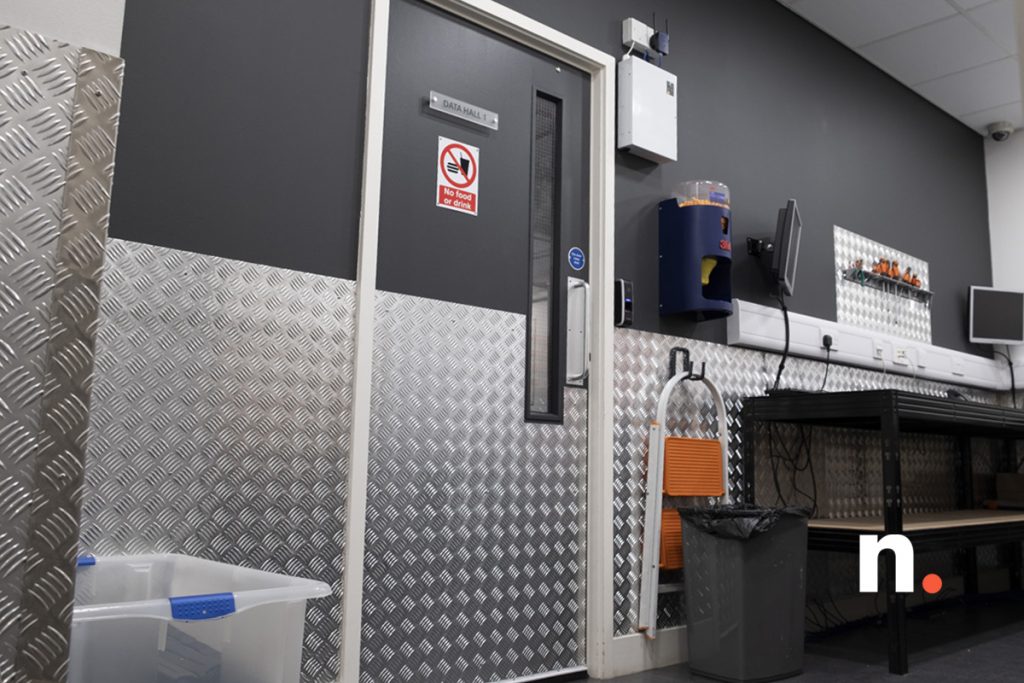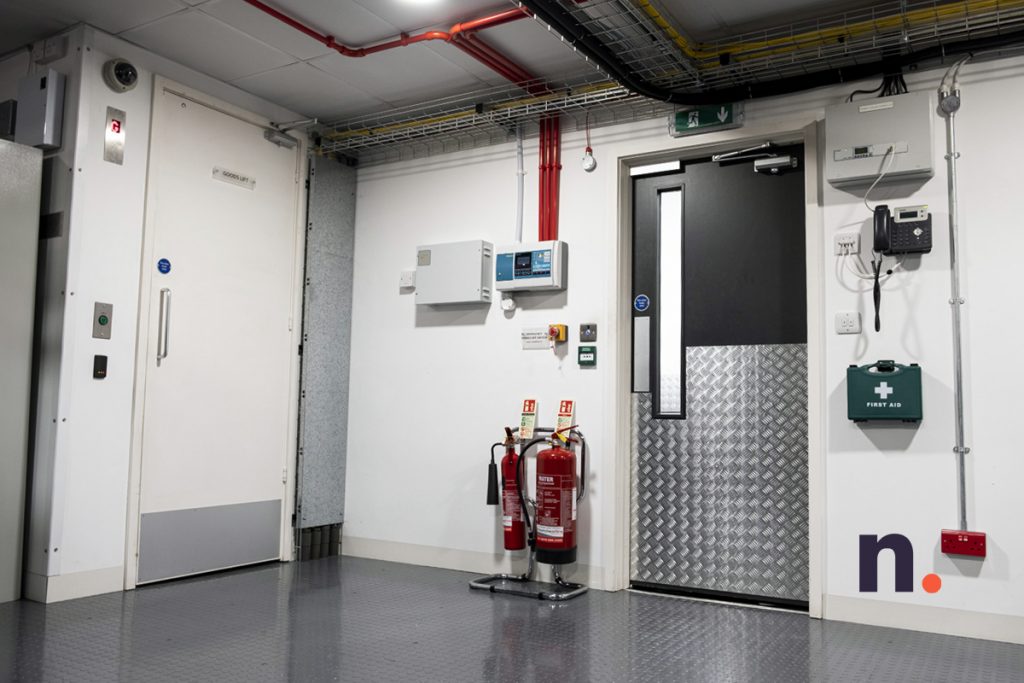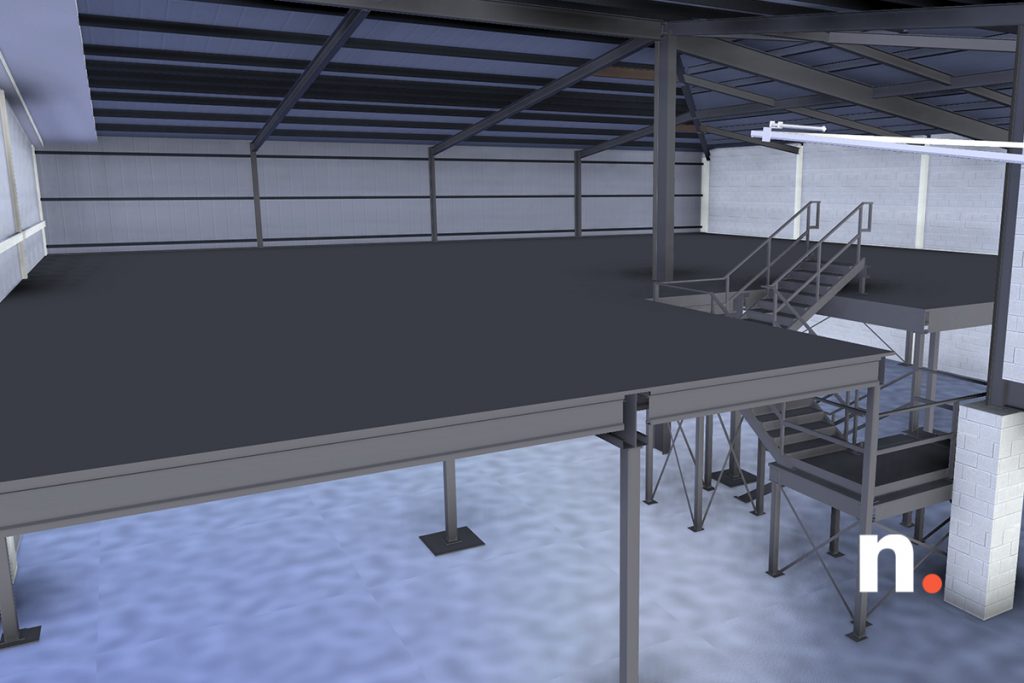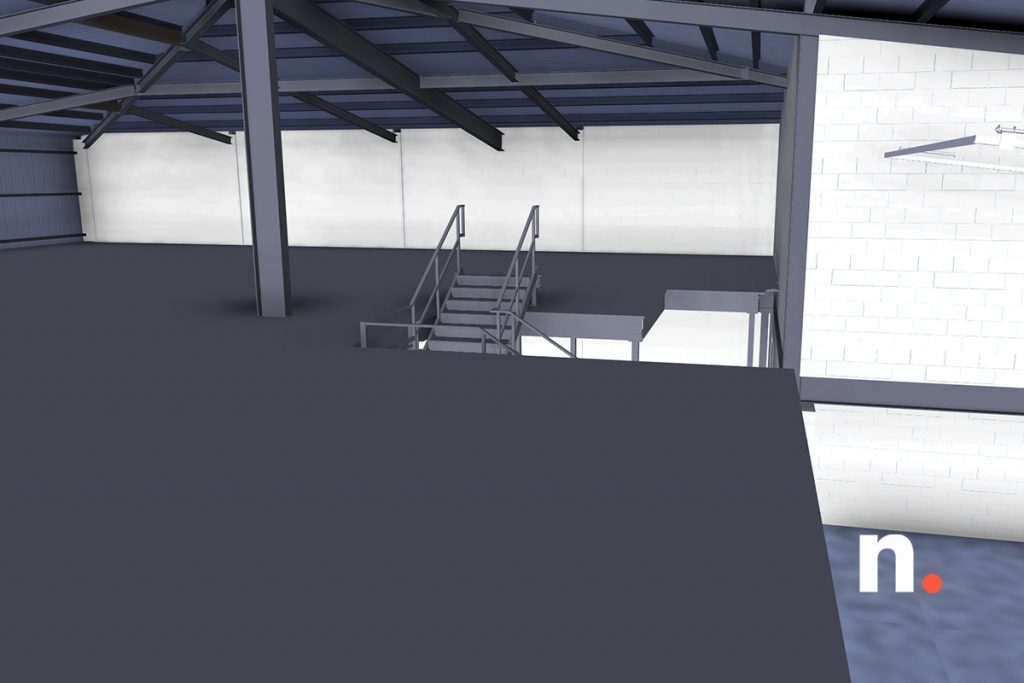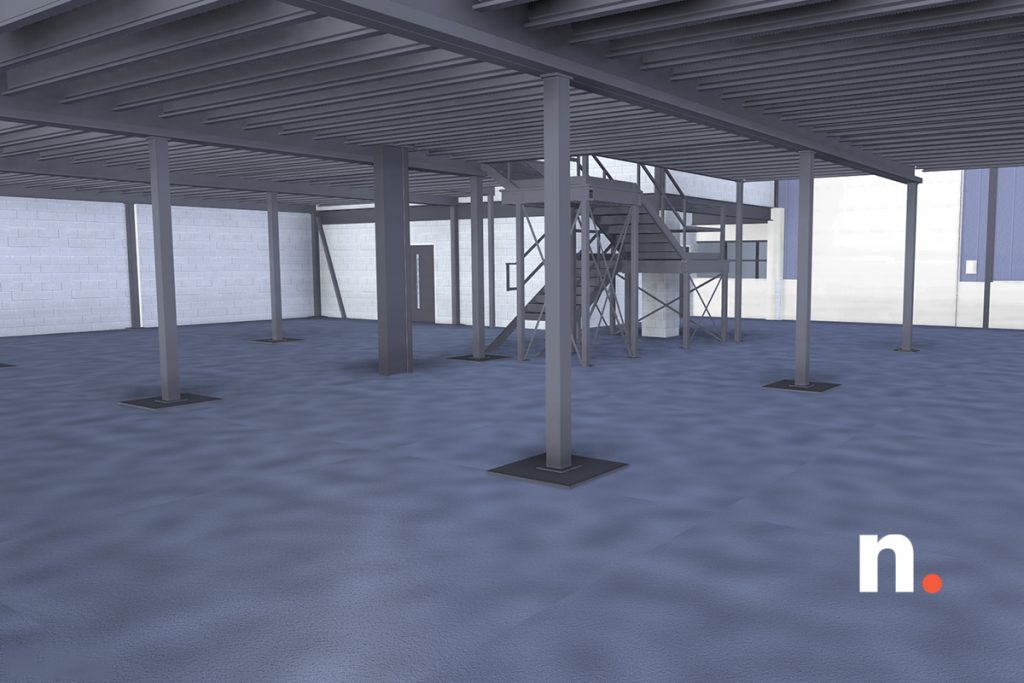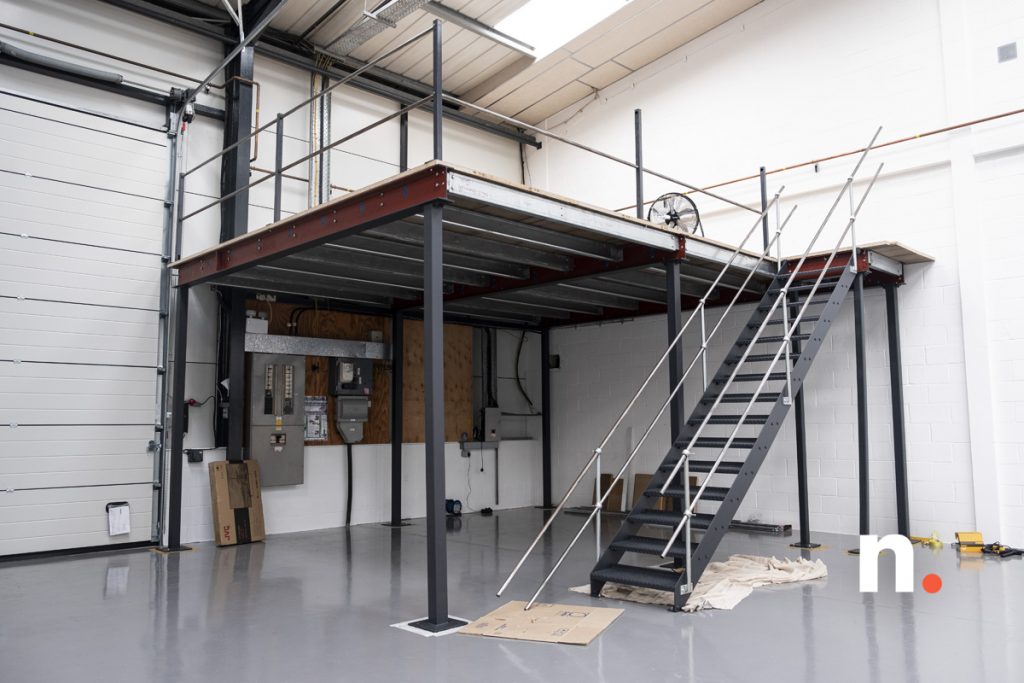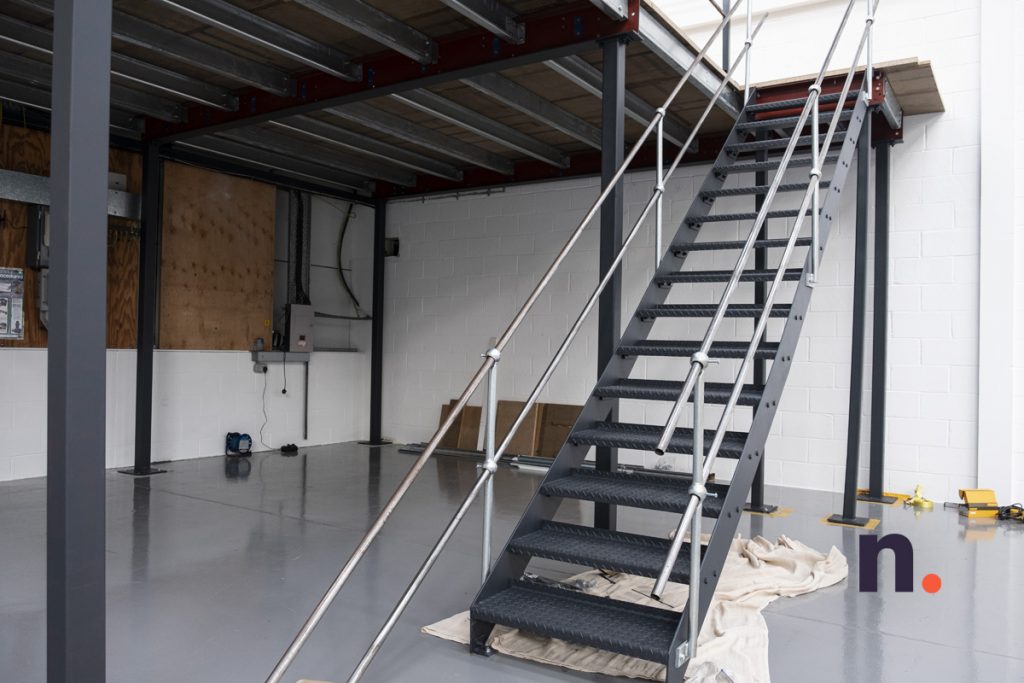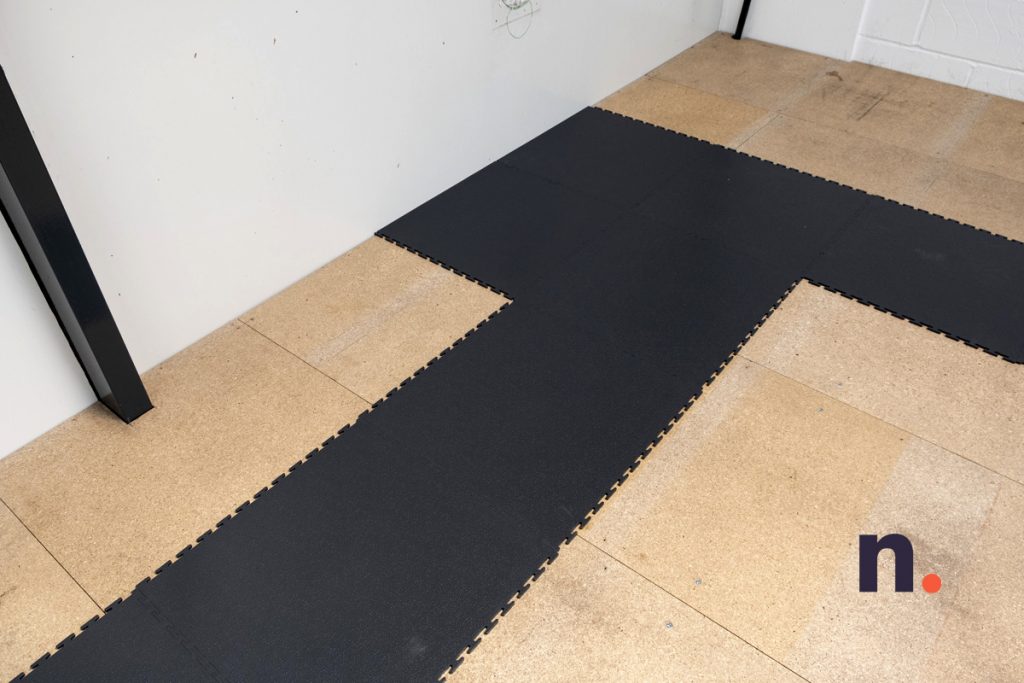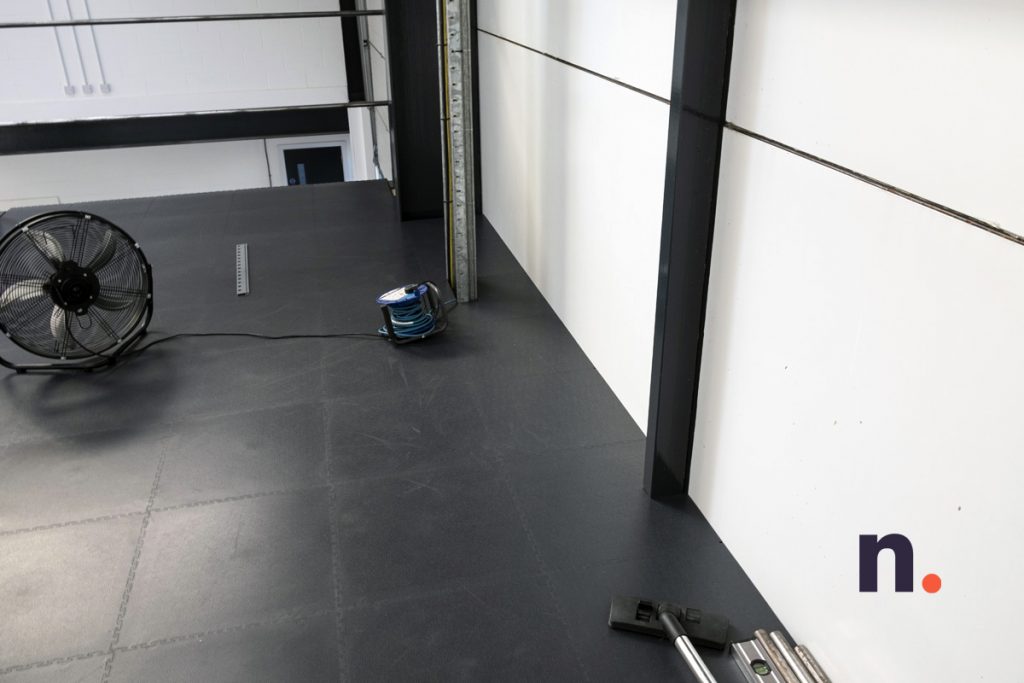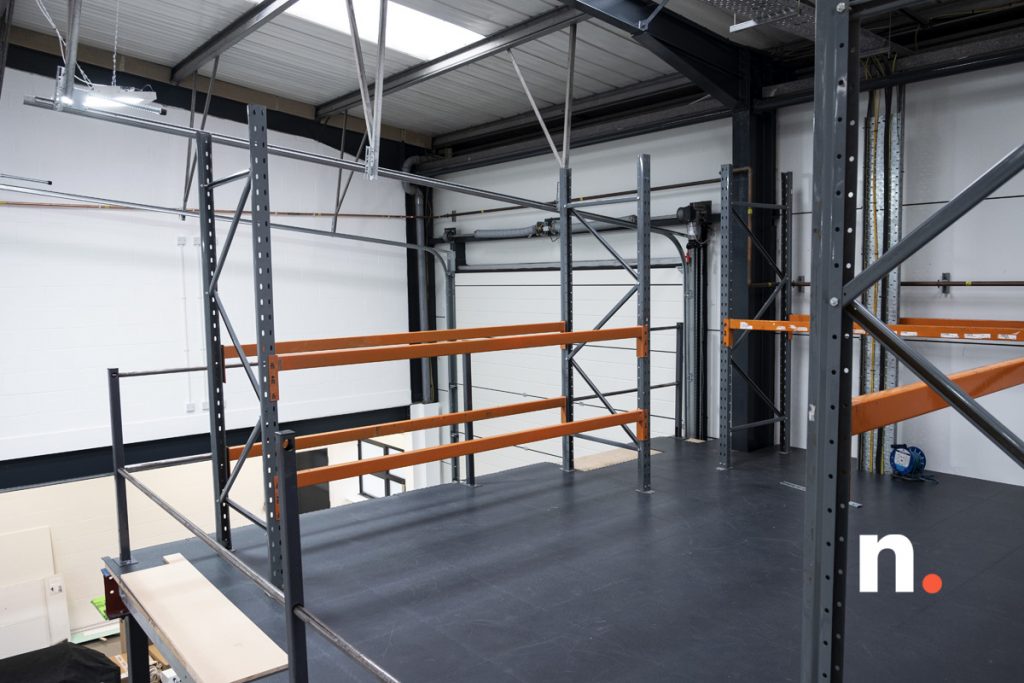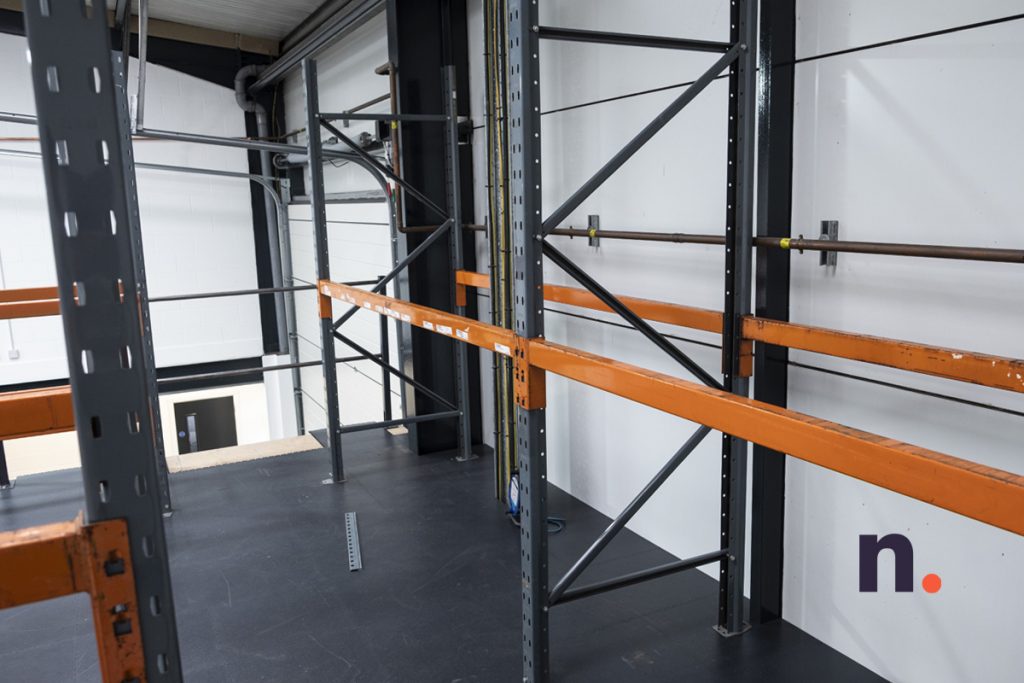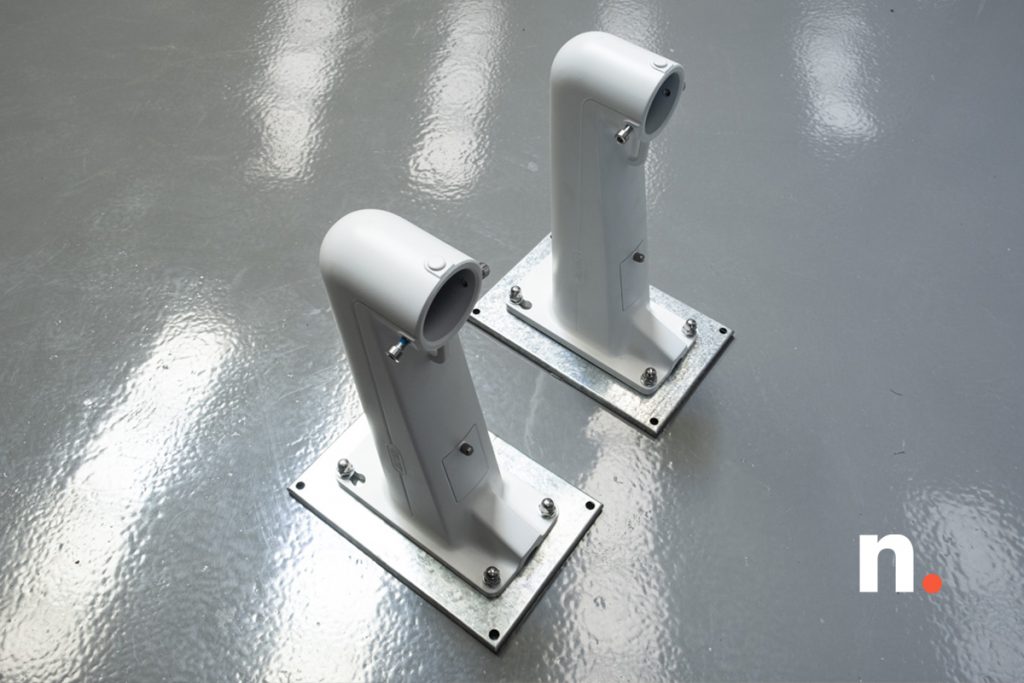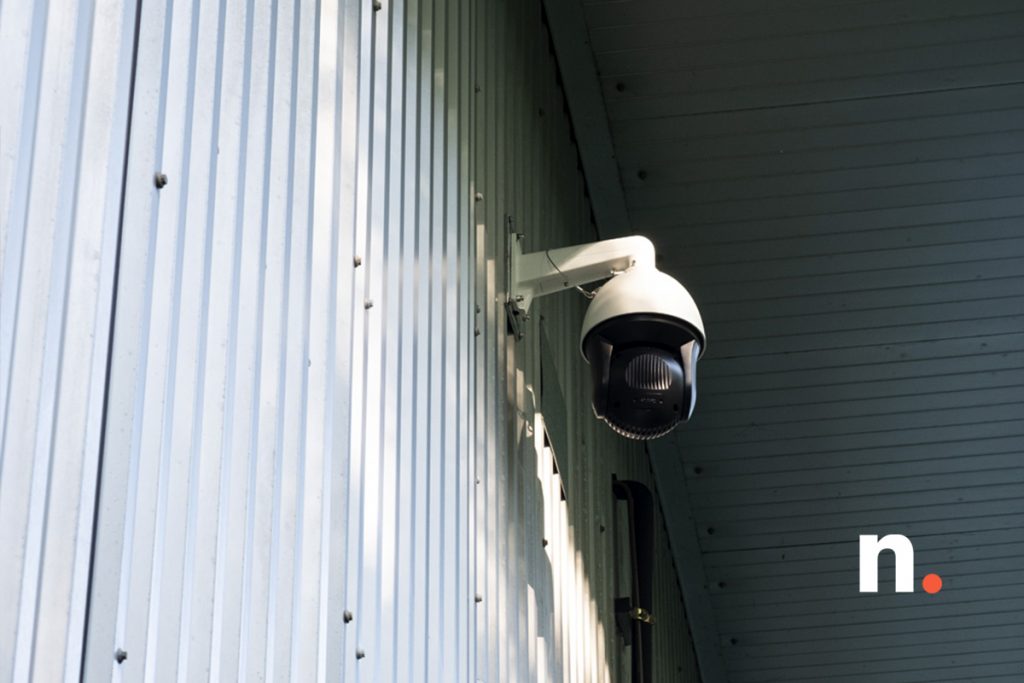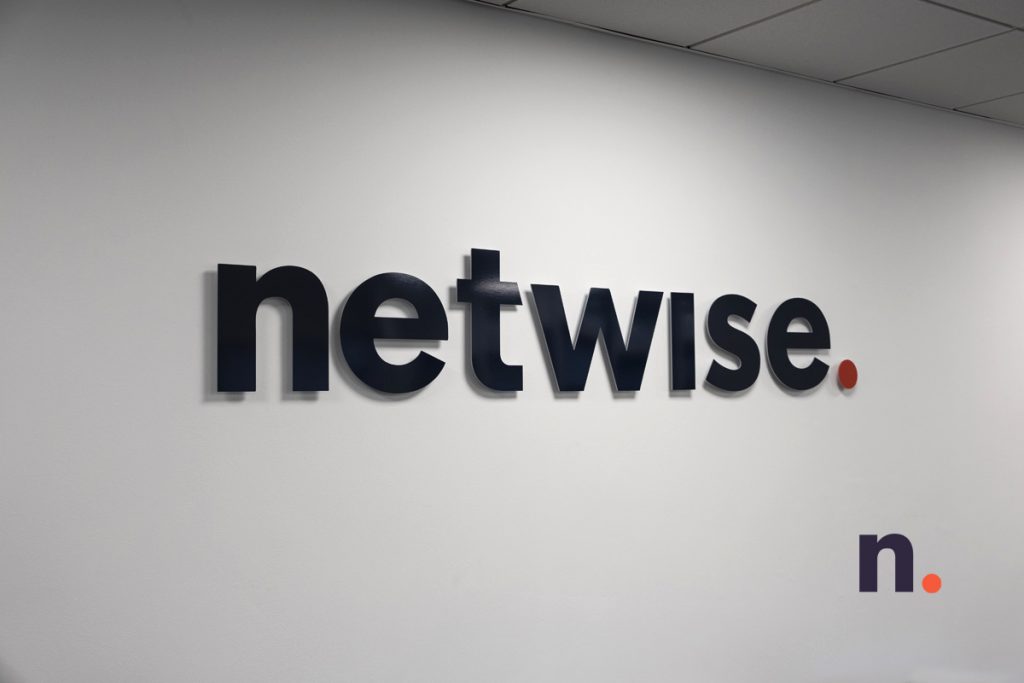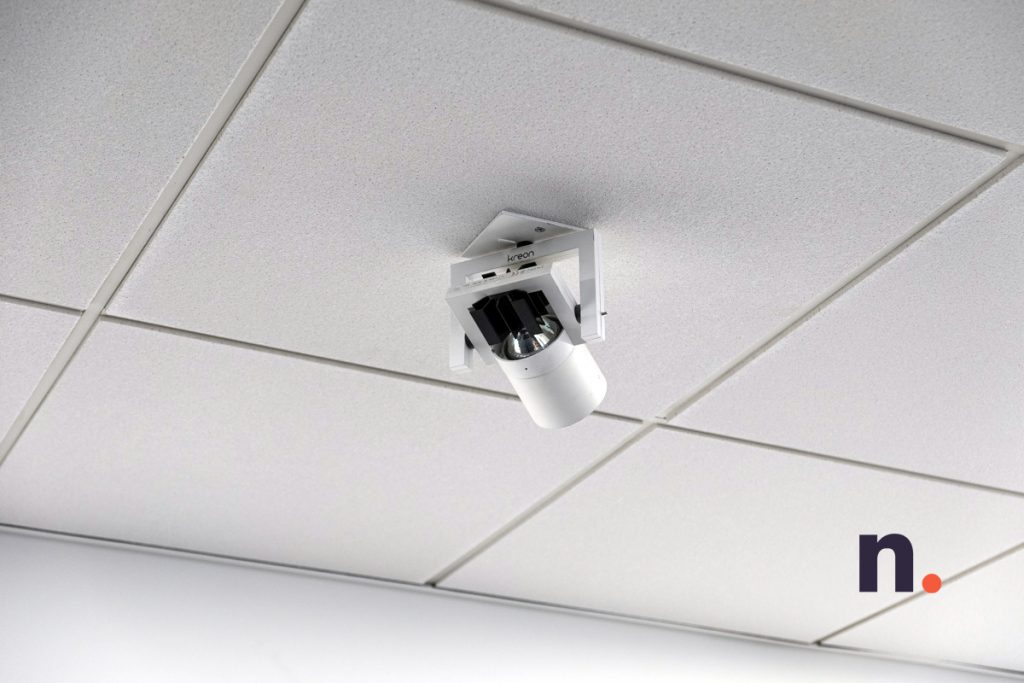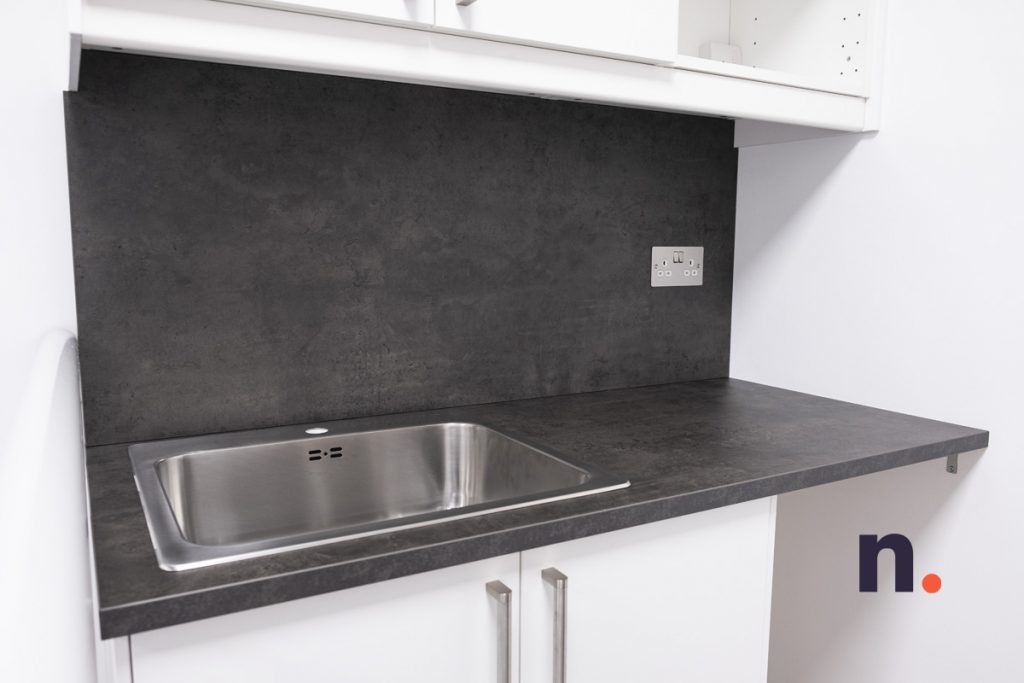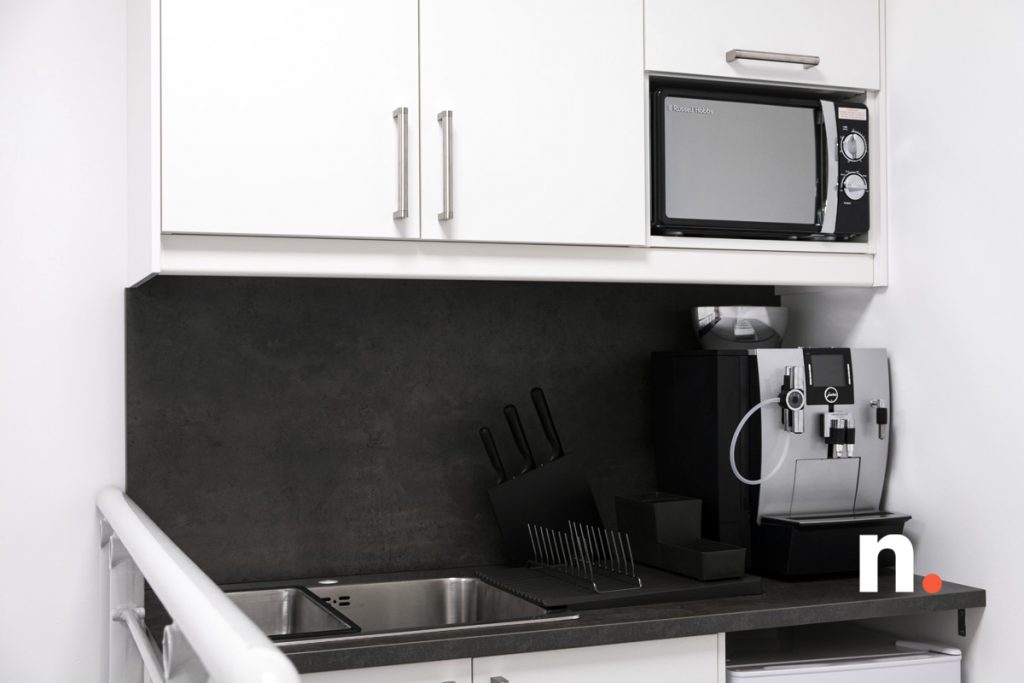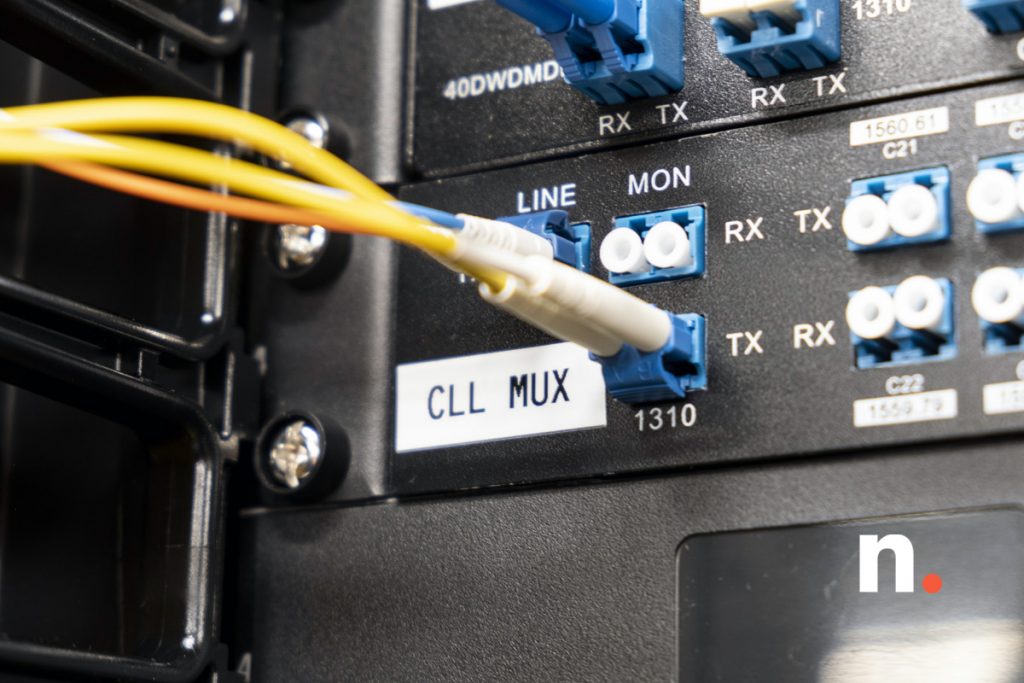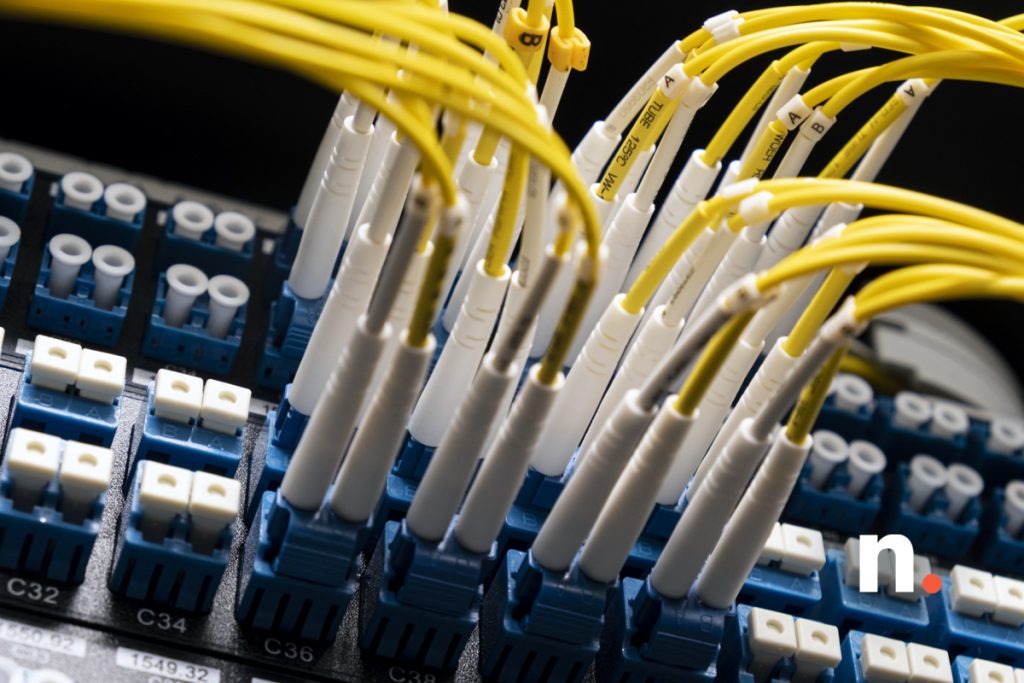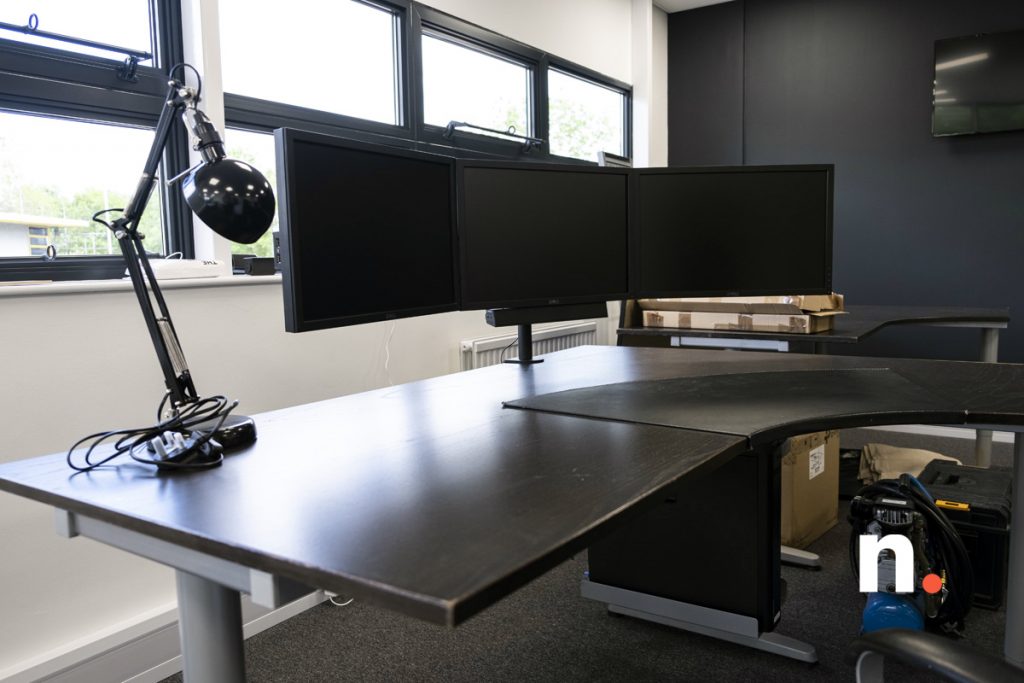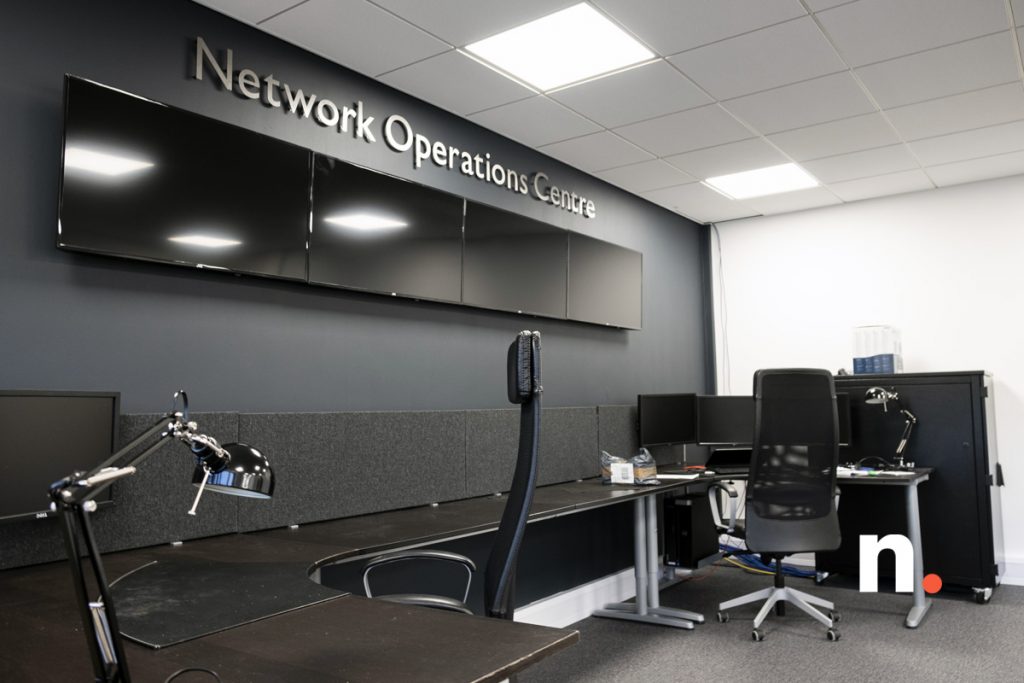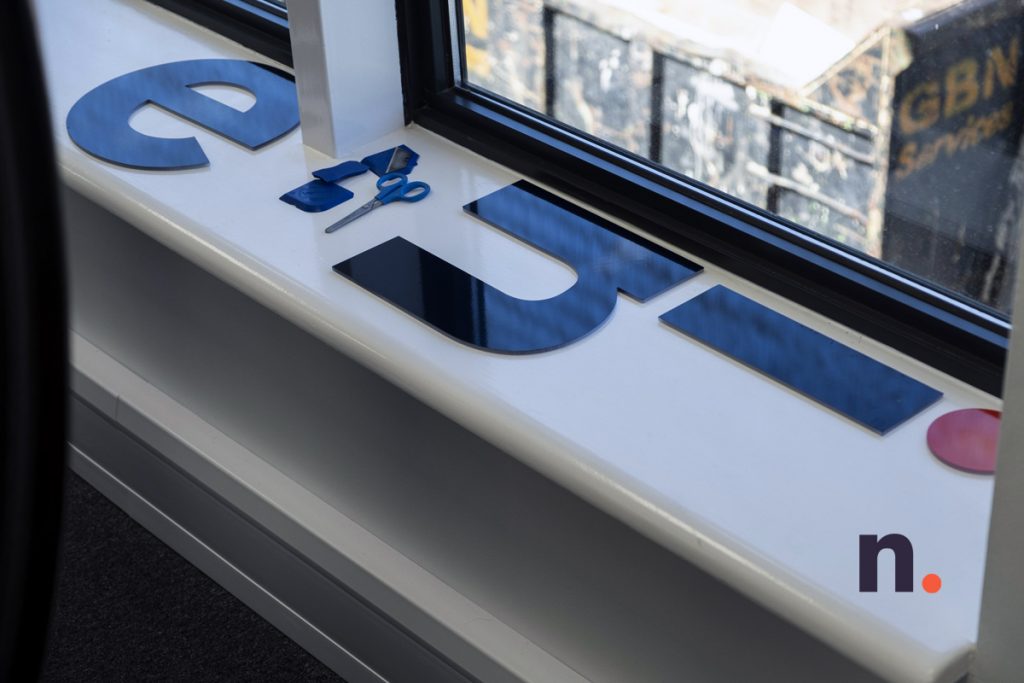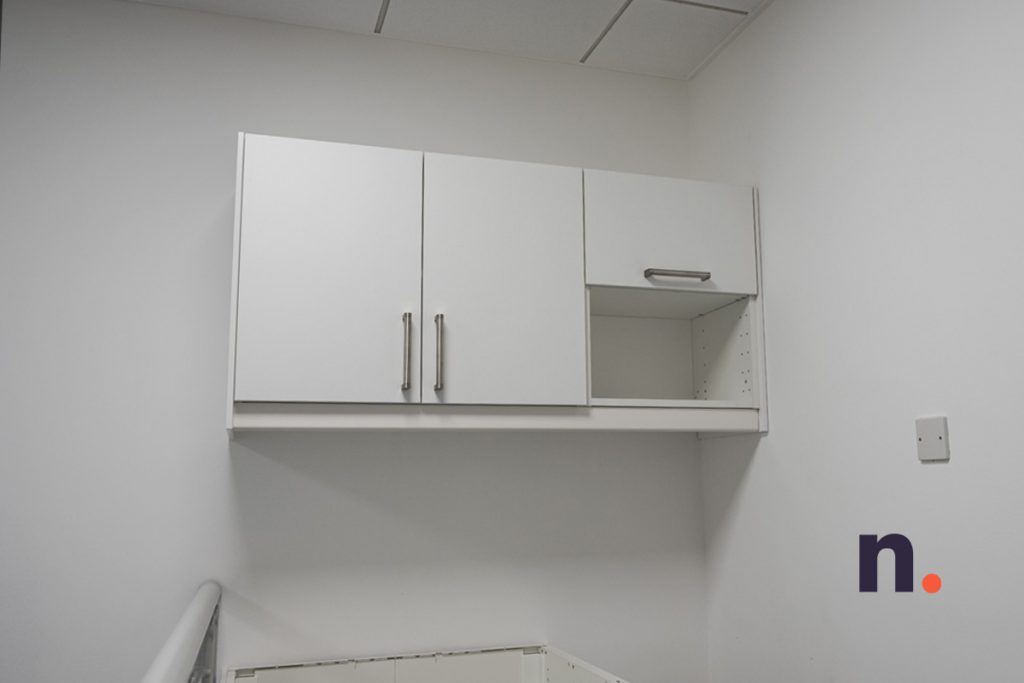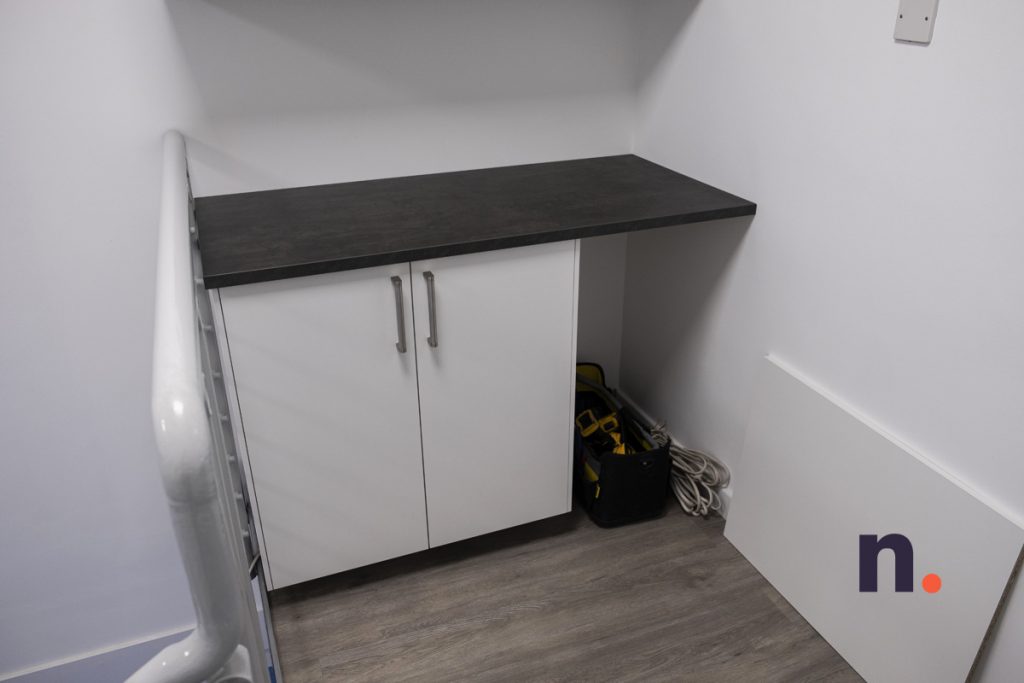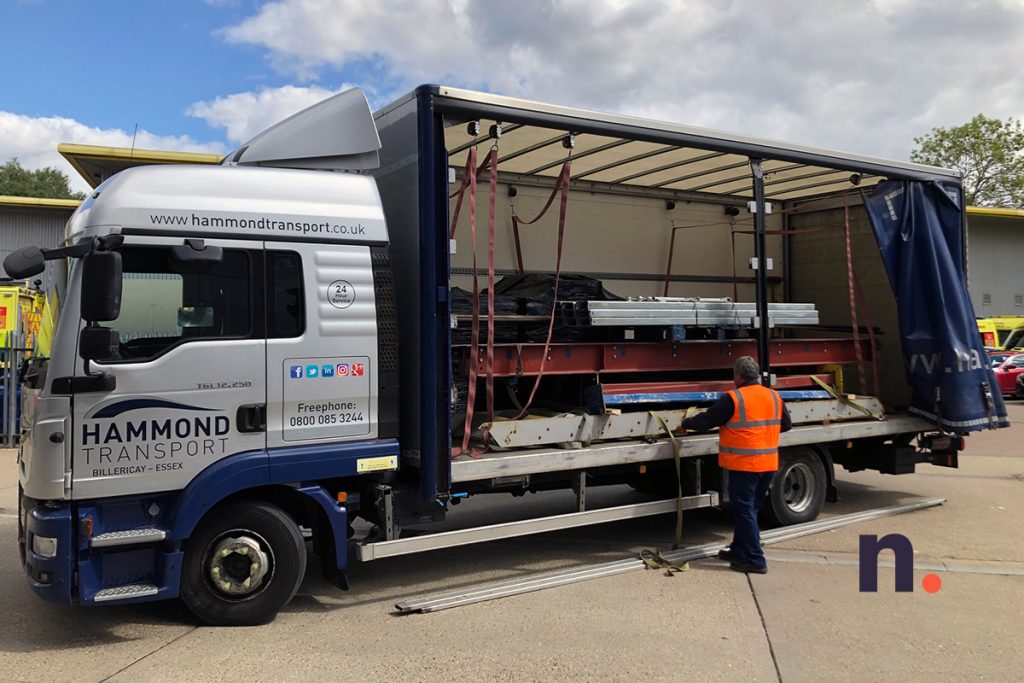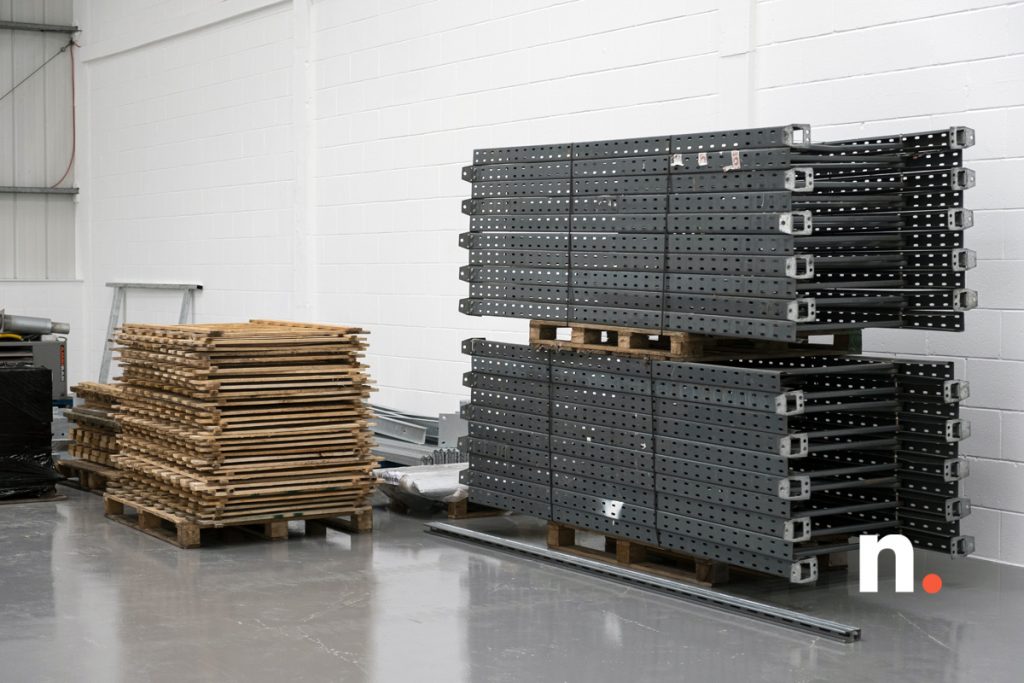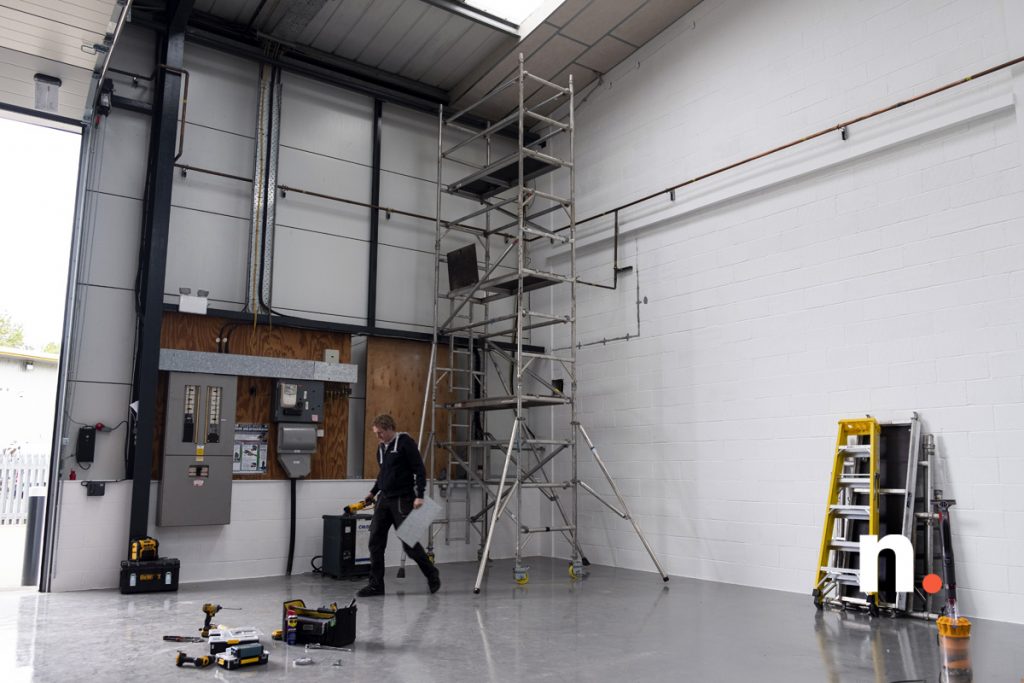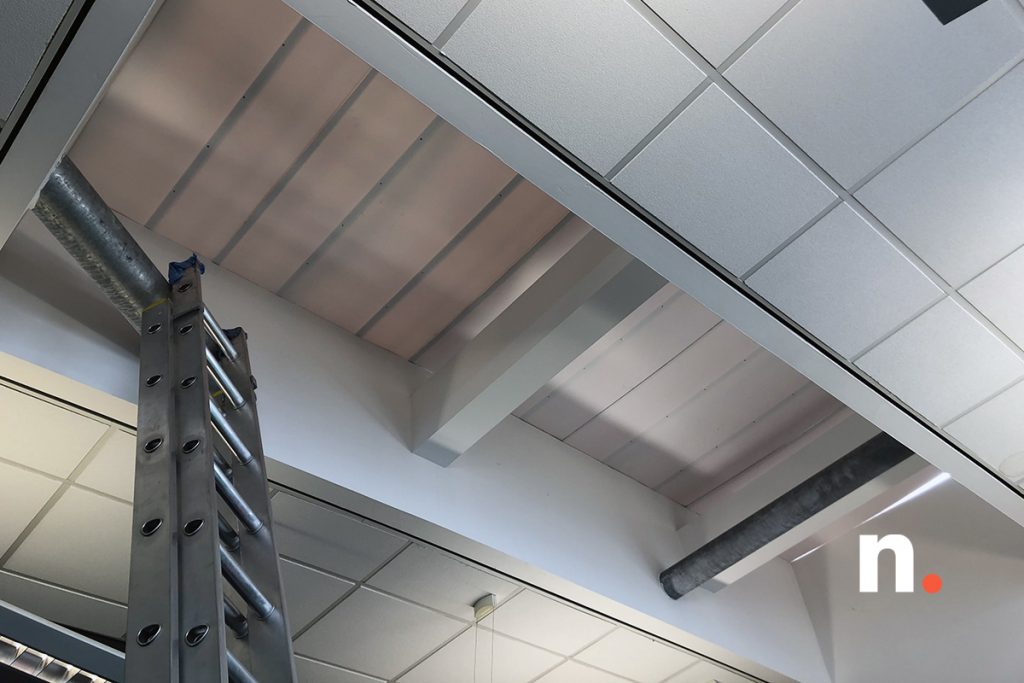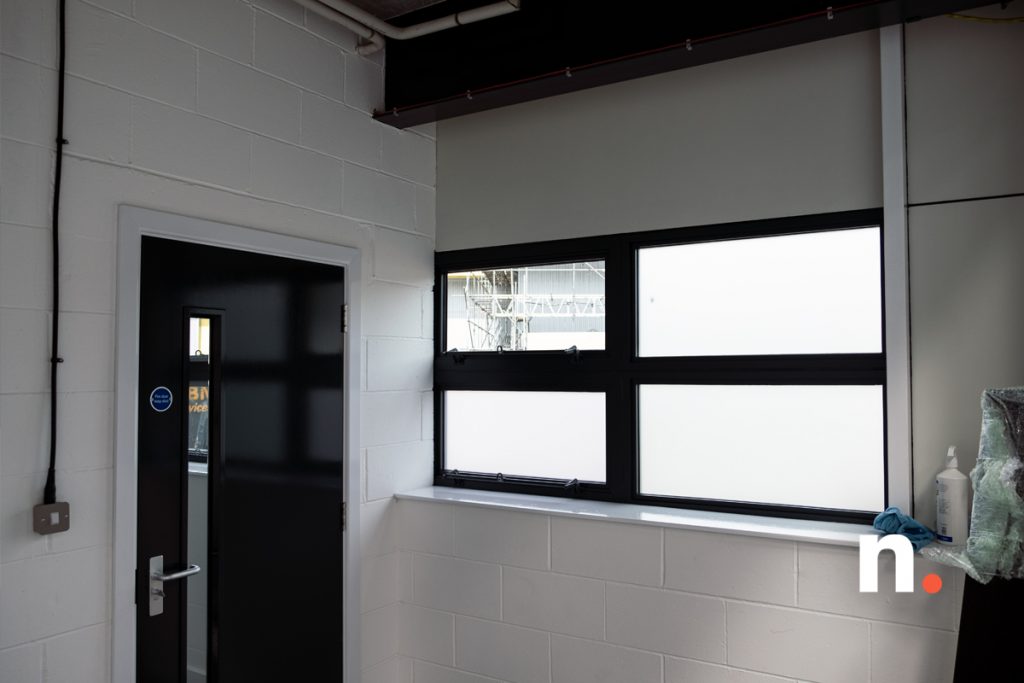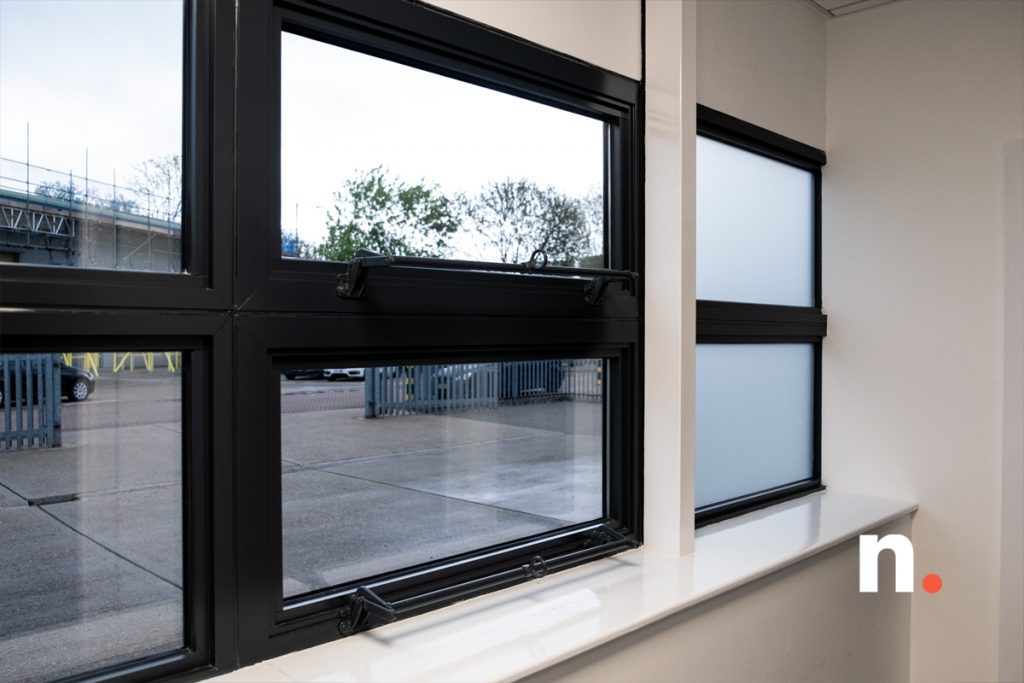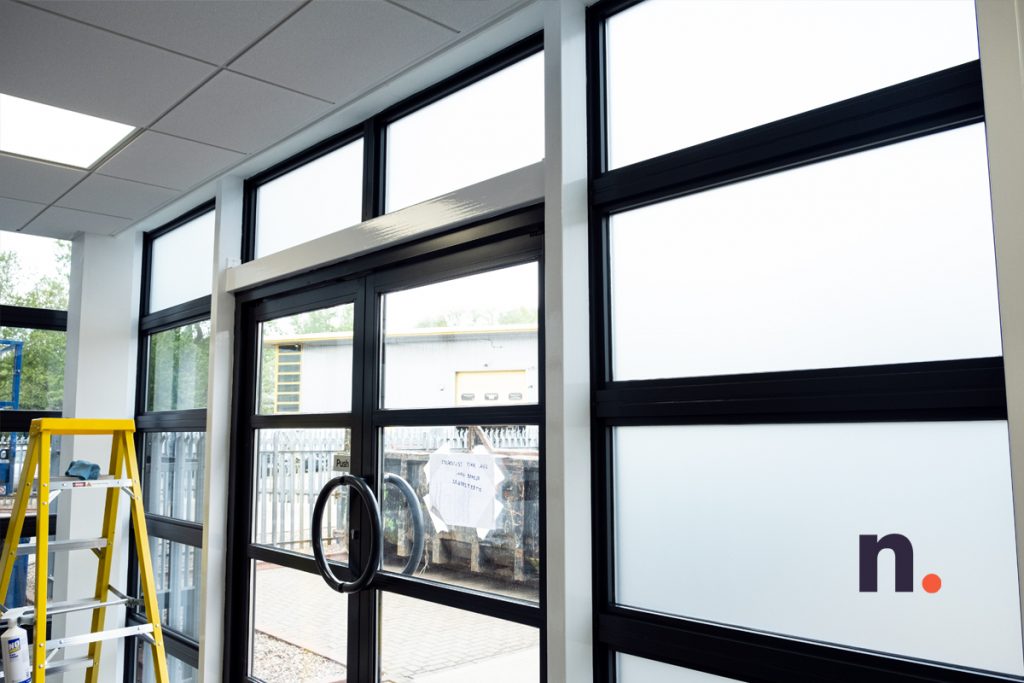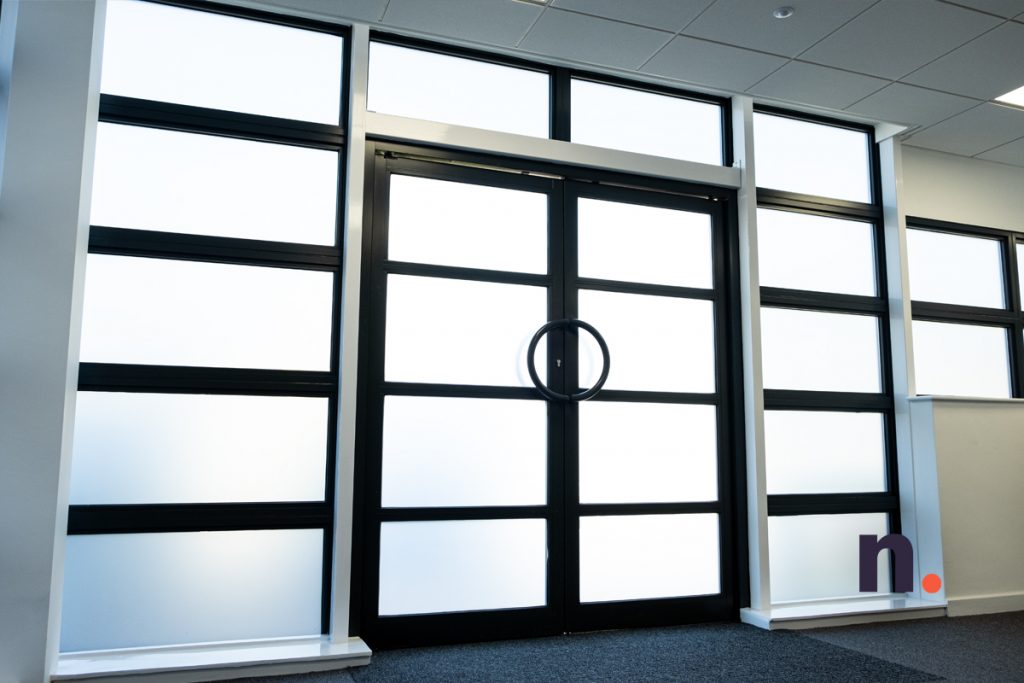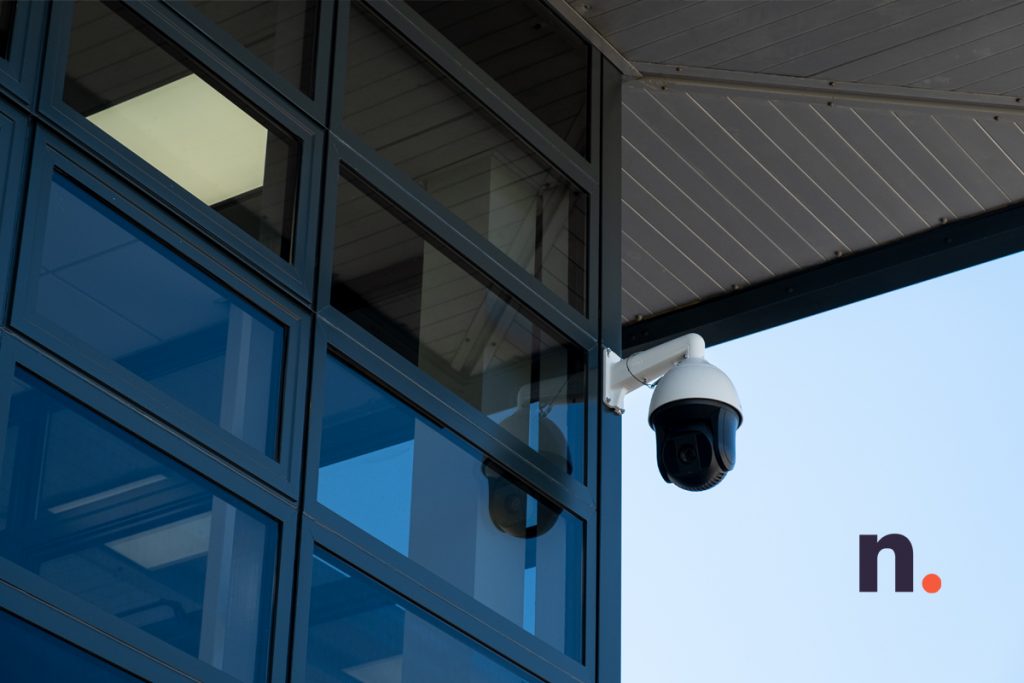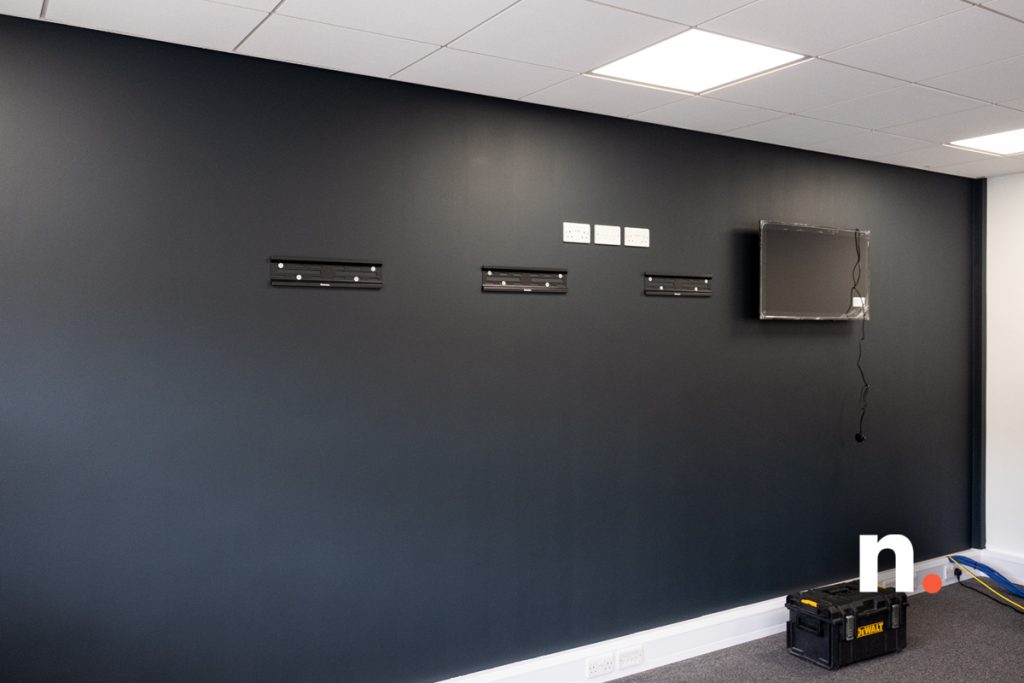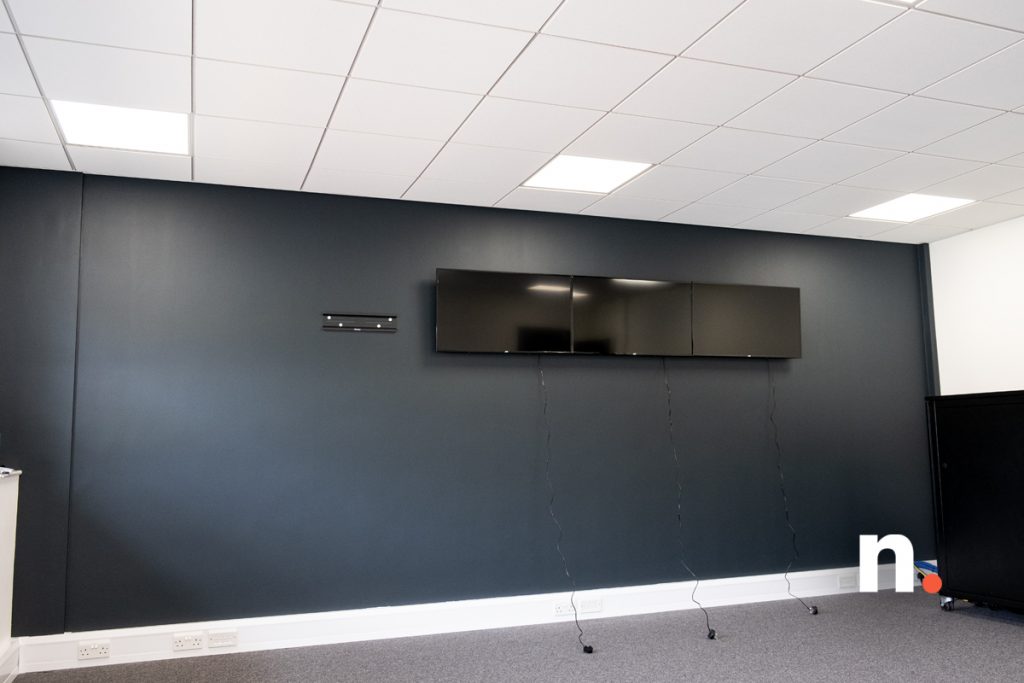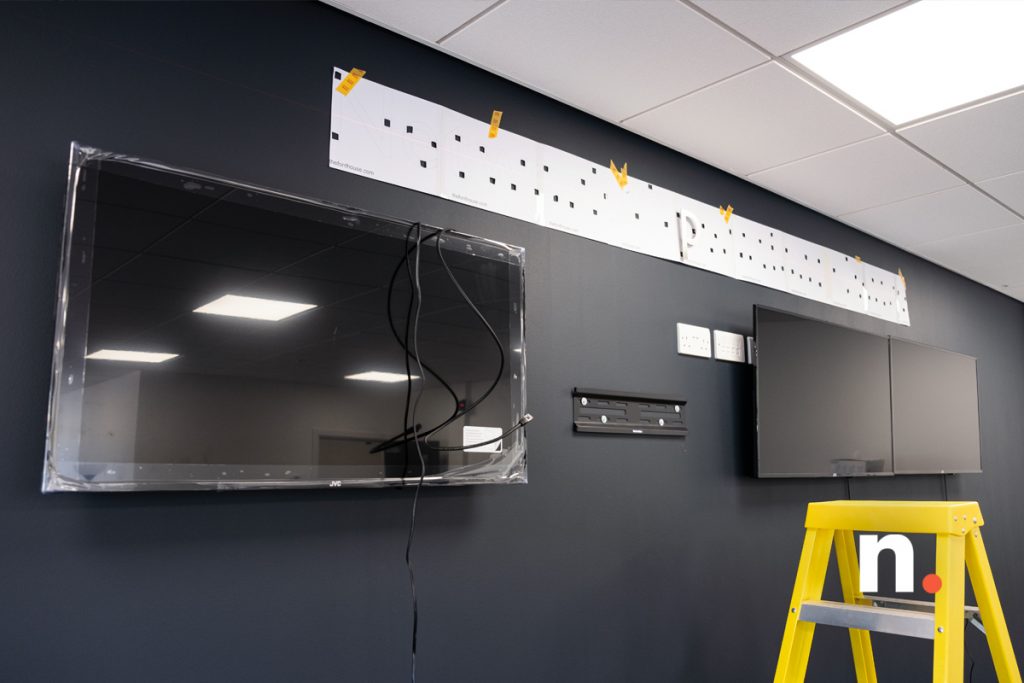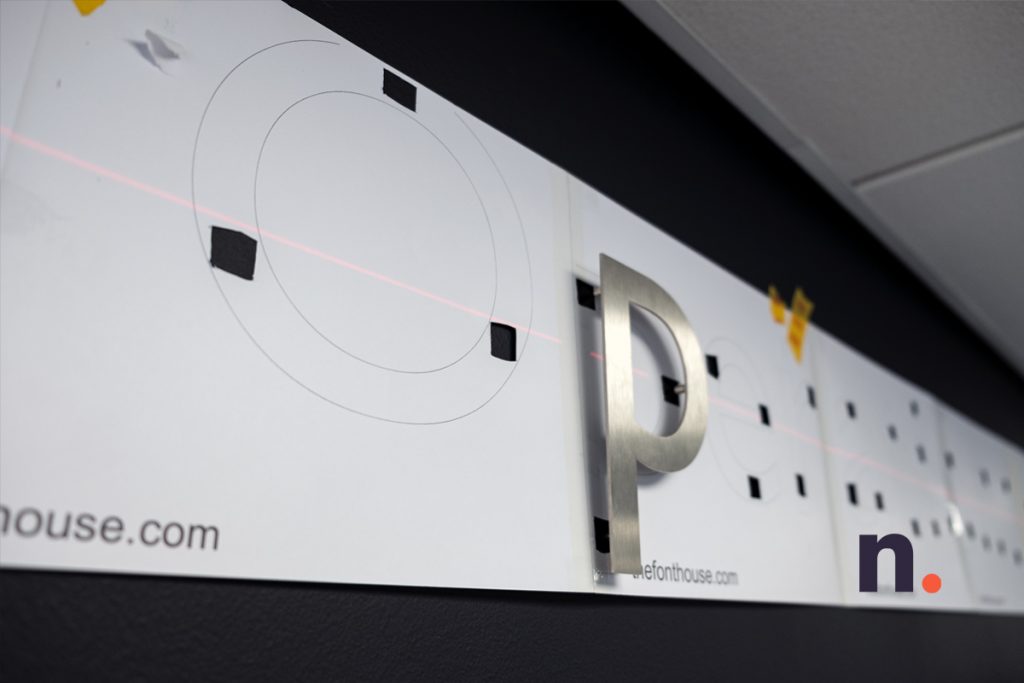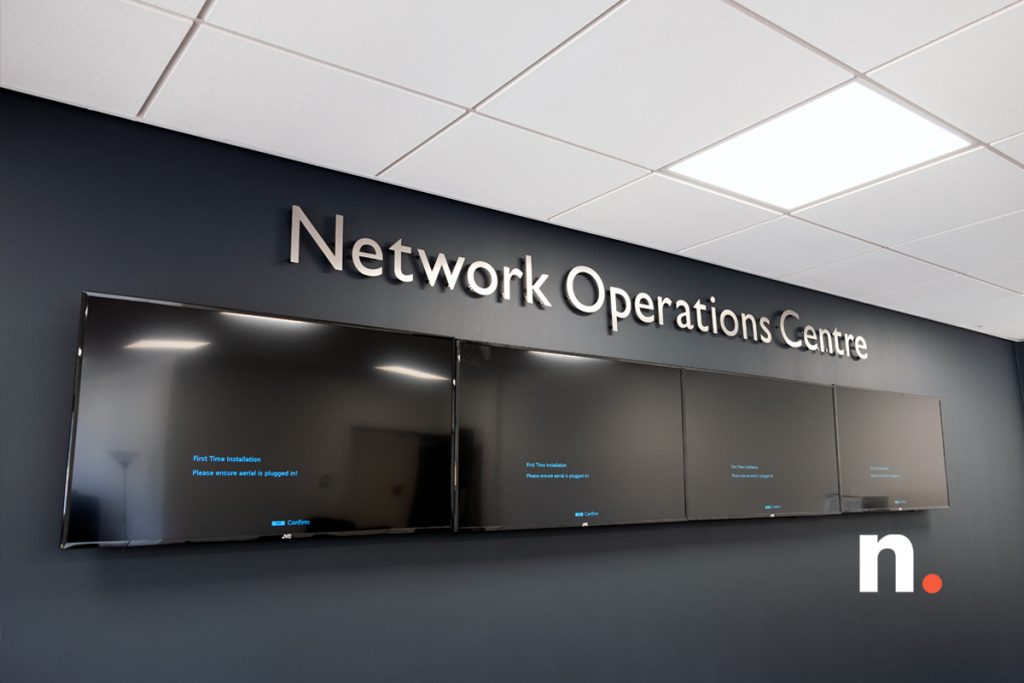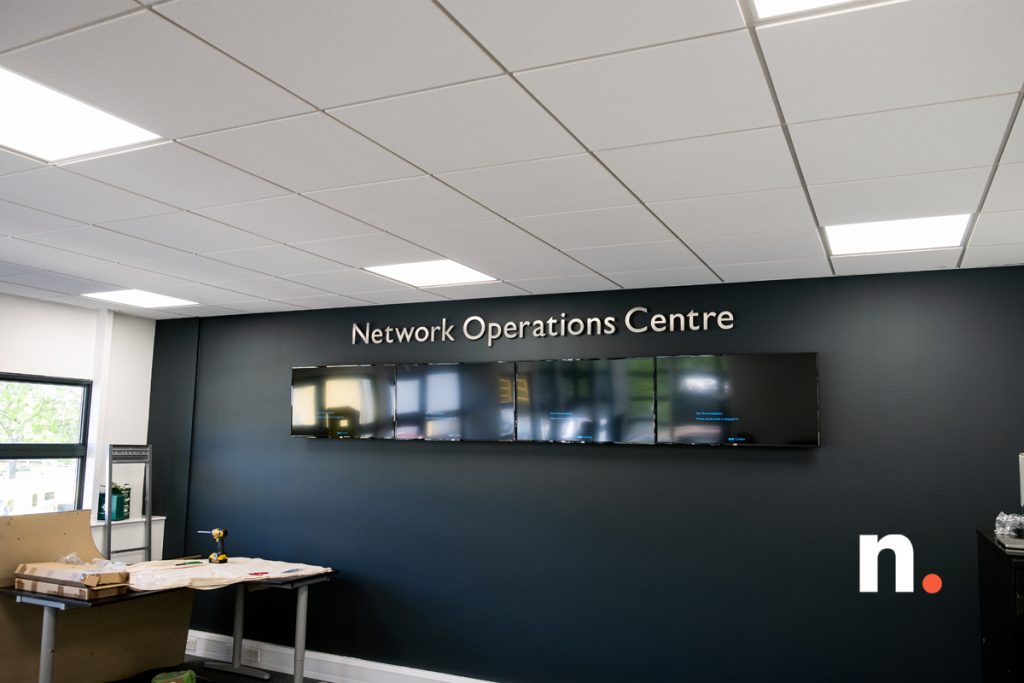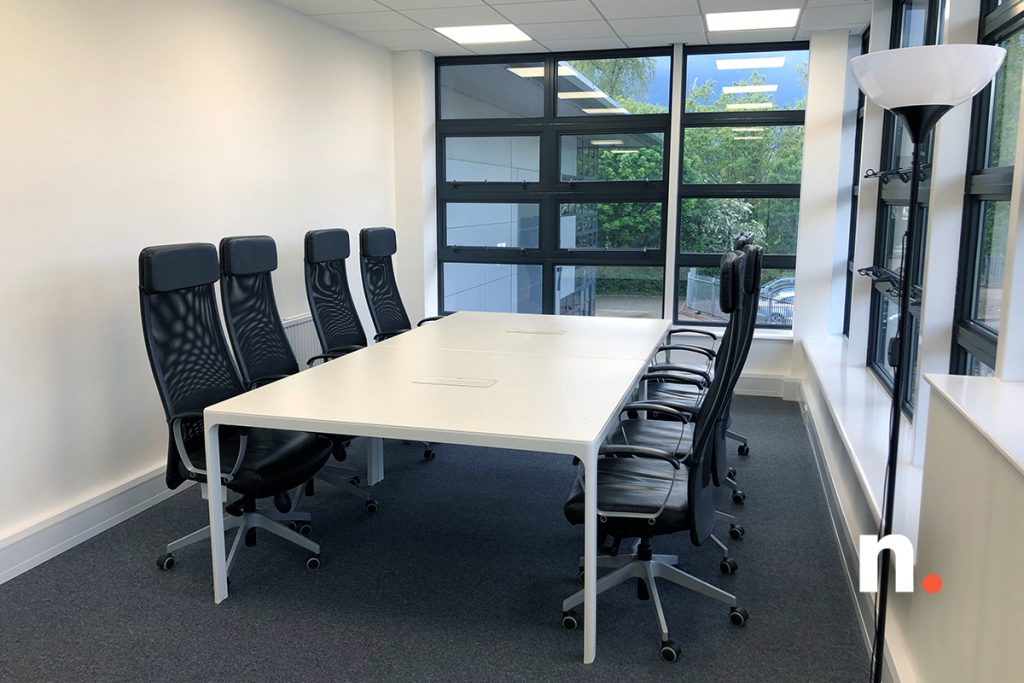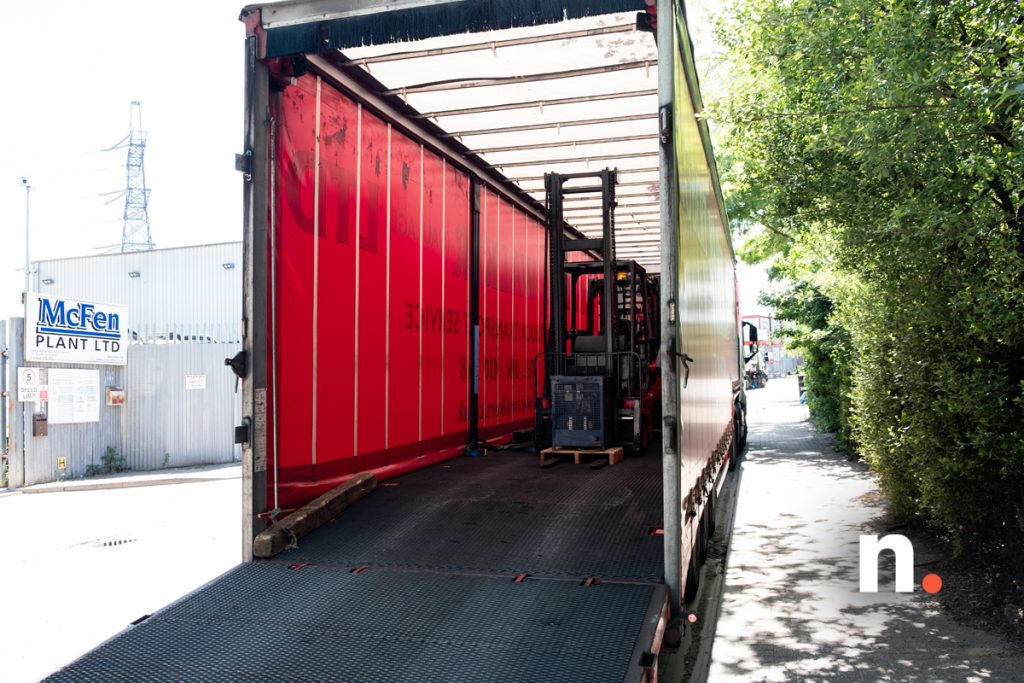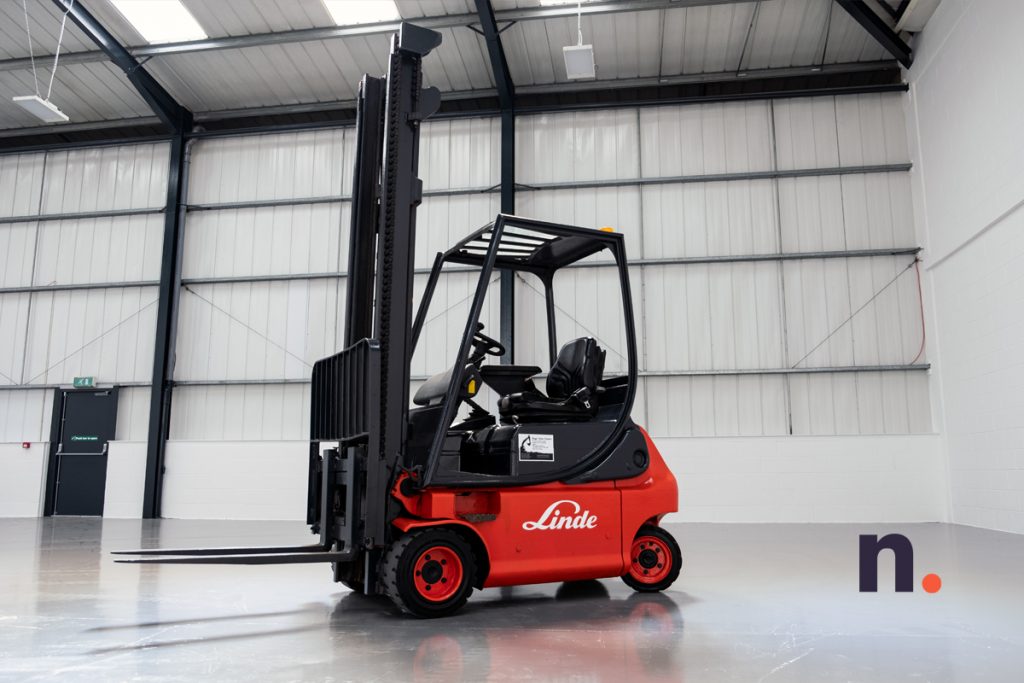Do you need to host your data within the UK, but don’t know how much it will cost?
Wondering about rack space colocation and private P2P connectivity? Or which region delivers the best support and assistance when setting up your systems?
This guide takes a closer look at data colocation pricing within the UK.
We look at the different services on offer to suit your requirements. We break down the best regional workforce to support you. And we see who provides the best value for money.
Read on to discover whether a London data centre offers its users better value than the rest of the UK.
UK data centres
Data centres provide a centralised location for remote computing services. Businesses of all sizes use them to collect, store, process, distribute, and give access to large volumes of data.
A data centre allows for the deployment of large scale systems, in purpose-build server racks.
A business usually rents rack space to either host their own hardware or the equipment on rental from the data centre. They often choose primary providers within their own region due to lower latency, and easier physical access. A London data centre will provide faster access to UK users than one based in the US, for example.
There are many data centres throughout the UK, from Aberdeen in Scotland to Belfast in N. Ireland. Each facility offers similar services, but not all provide the best value as we’ll soon see.
Colocation services
Many businesses now choose to avoid hosting their critical systems in-house. By using a data centre, they have the option to rent or collocate their hardware in a purpose-build facility.
Colocation involves leasing rack space and letting the provider manage its safe, high-uptime operation for you. You can often access an online customer portal to view diagnostics and deploy additional services.
Rack units
A rack unit is often abbreviated to 1U. It’s an industry-standard size and measures 1.75 inches or 44.5mm in height.
The racks themselves can vary in height, so can contain different rack unit configurations. They have a standard width of 19″, and usually hold up to 42U in a full-sized rack.
Each rack will have conditioned power and network connectivity delivered to it, for the operation of your critical hardware.
Regional data colocation pricing
While it may be true to say that you can find some incredibly cheap service options across the UK, it’s also fair to say that not all services are alike, and obtaining true value for money requires a top-down look at what it is you need most from a data centre.
Southern England
Although London is the major hotspot, areas like Cambridge also offer data colocation services.
Facilities in the South benefit from the lowest latency connections into the major London hubs, so are a good choice for any UK-based business, and for those with interests internationally.
While they do tend to offer high-value, high-quality services, this isn’t always the case. They’re still operating in a more costly region of the UK, and don’t have the same carrier density as London, so their value predominantly comes when used for highly-regionalised local access, or for a secondary site within reasonable distance of a primary site in London.
Midlands
The Midlands has a growing data centre community, in areas such as Manchester, however they really are best suited to UK-only service delivery, given their distance from the major interconnection points in London.
They also sit further away from the UK’s largest resource for tech growth and personnel, that again being the capital.
Scotland
Scotland is the obvious choice for a business based in the country, for their primary operation.
That said, if the business has ambitions (or key clients) beyond the borders of Scotland, it would be wise to explore secondary options in England. Again, London is a forerunner in the decision making process here, not only for its clear operational advantages, but also as it offers maximum diverse distancing from a Scottish deployment, being in the far South.
London
There’s no shying away from the fact that a colocation service in London is probably going to cost you more than elsewhere in the UK.
But we’re looking at total costings here, where value comes into play. Cheap does not equal good in the data centre market, so unless you’re primary driver is lowest costs, and you have only minor care for the service and uptime, a London location may not be for you.
Data centres in London, while technically similar to some other top-specification facilities around the UK, have access to far better connectivity, and sit right on top of the UKs largest tech community.
If you value service and quality, London really is the premiere choice in the UK for data centre, colocation and connectivity services.
Points to Consider
As noted above, price really should not be your only consideration when choosing a data colocation provider. Here are some points to think about when comparing operators:
Skilled local workforce
If you need specialised assistance and the latest support, choose the area with the most locally-available knowledge.
London has the largest share of skilled workers across Great Britain. This provides a larger talent pool for data centres located within the nation’s capital.
Uptime record
Not all providers offer the same uptime guarantee.
Double-check their record over the past year. How many times has the data center experienced an outage of some kind? Even if it’s only one percent, that still equates to over 88 hours in a year.
Proactive monitoring
Make sure that your data provider offers proactive support. This should include monitoring your servers and informing you of any issues within a short time frame.
A good provider also includes security software to actively check all incoming and outgoing traffic. Ask to see what security is installed and if any successful breaches have occurred.
Choose value over price
Data colocation pricing varies depending on your requirements and the region you choose. But you should never let price alone dictate your decision.
At Netwise, we believe in the best value and best service for our customers.
Our London data centres offer 1U to full rack colocation with multiple configurable options.
Use our online colocation calculator to fully configure your deployment. Prices begin at £119.00 per month for a quarter rack. But our best value option is a full rack, starting from £259.00 per month.
Get in touch with our team if you need assistance. If you live in London and the surrounding counties, why not drop-in to our data centre for a cup of tea!
We promise to deliver you the best value with the best service possible.
